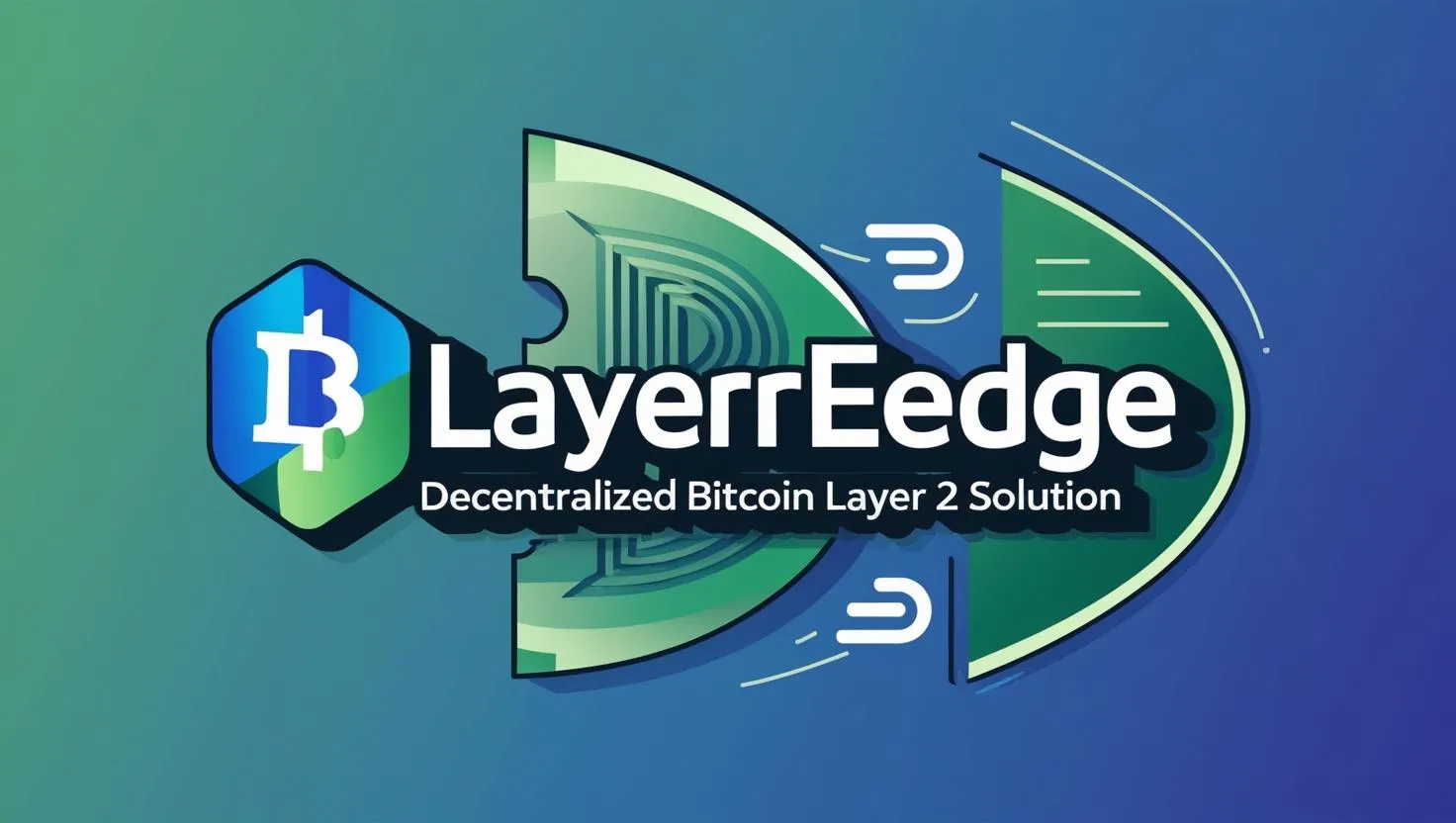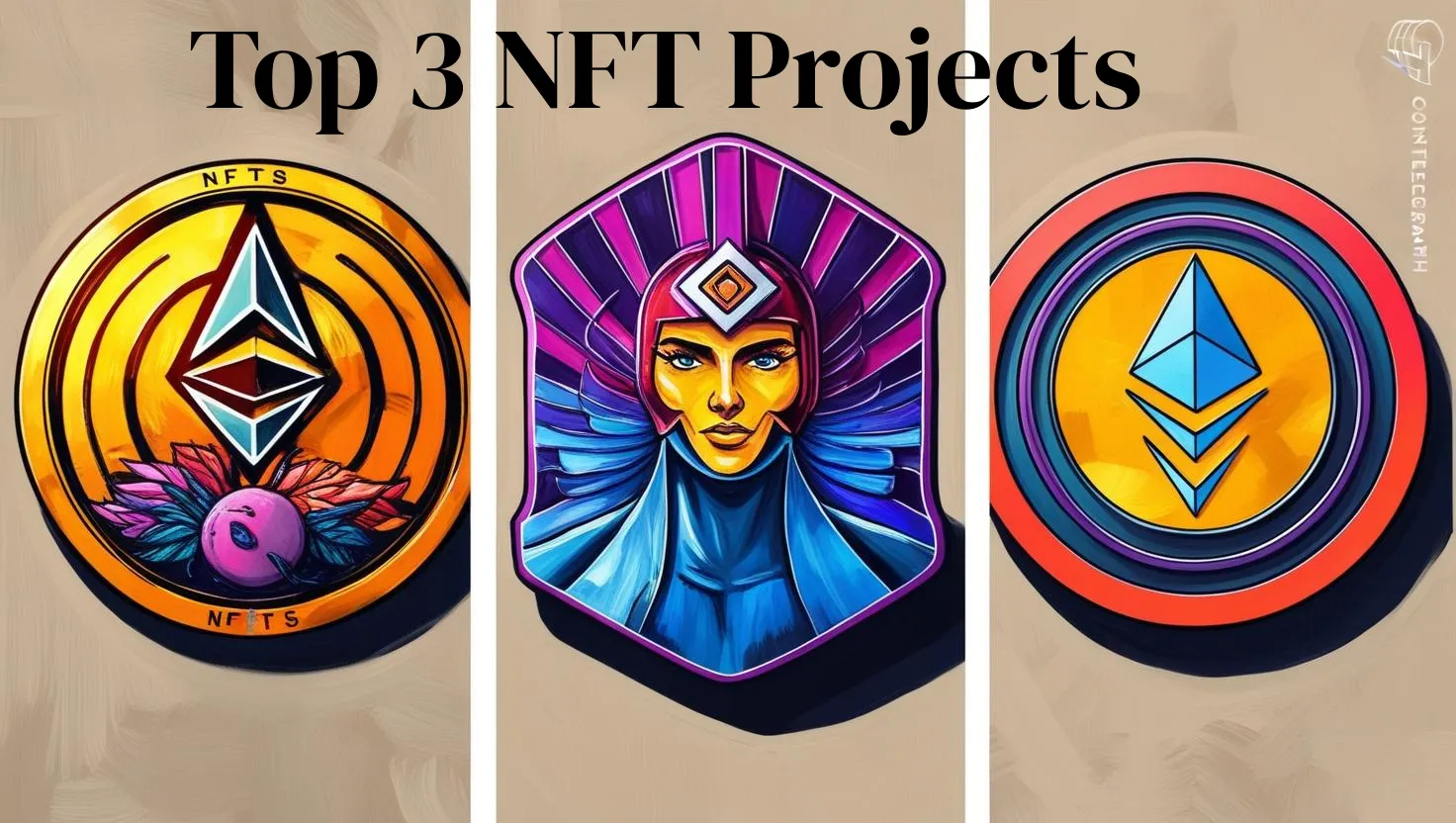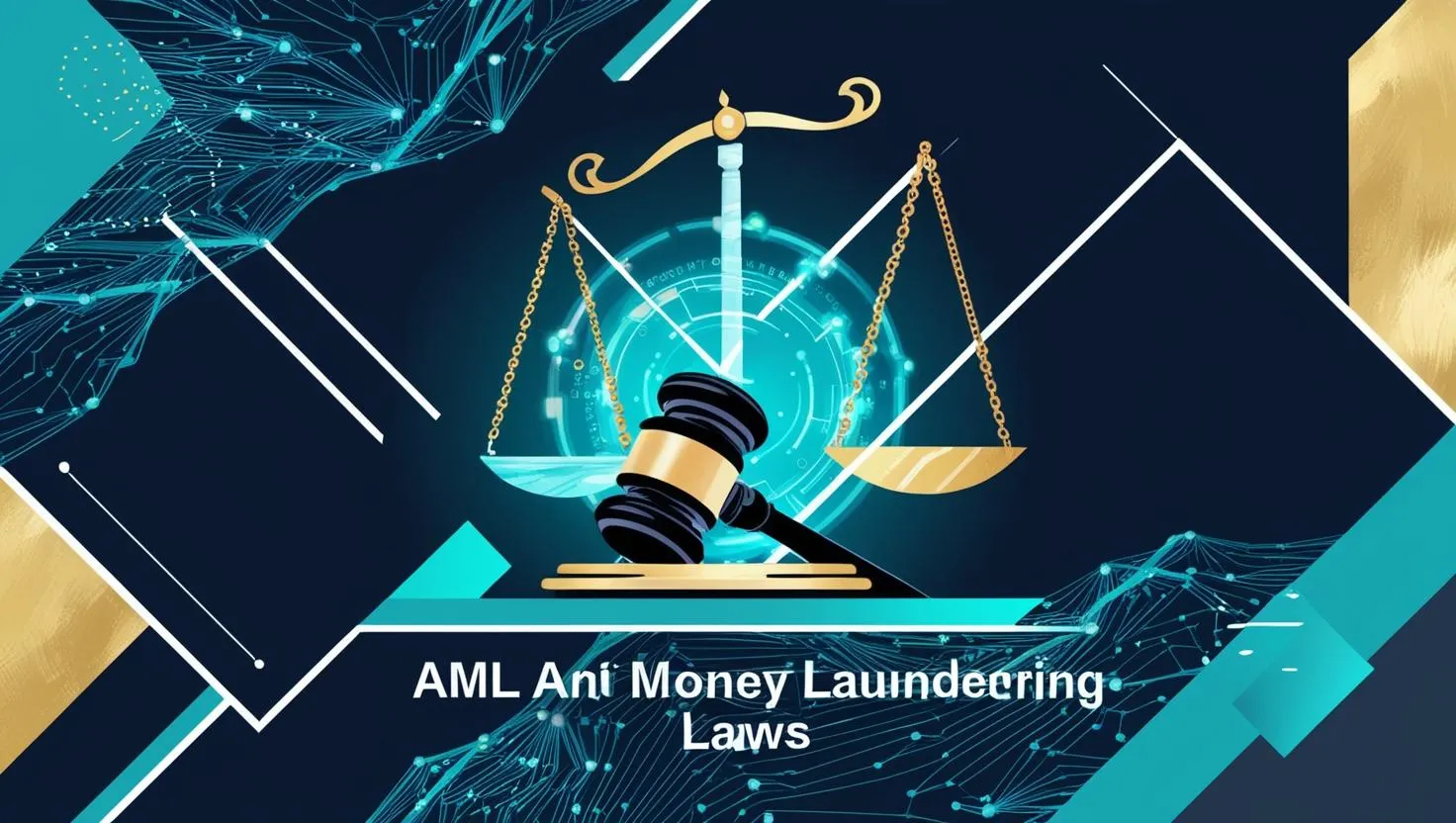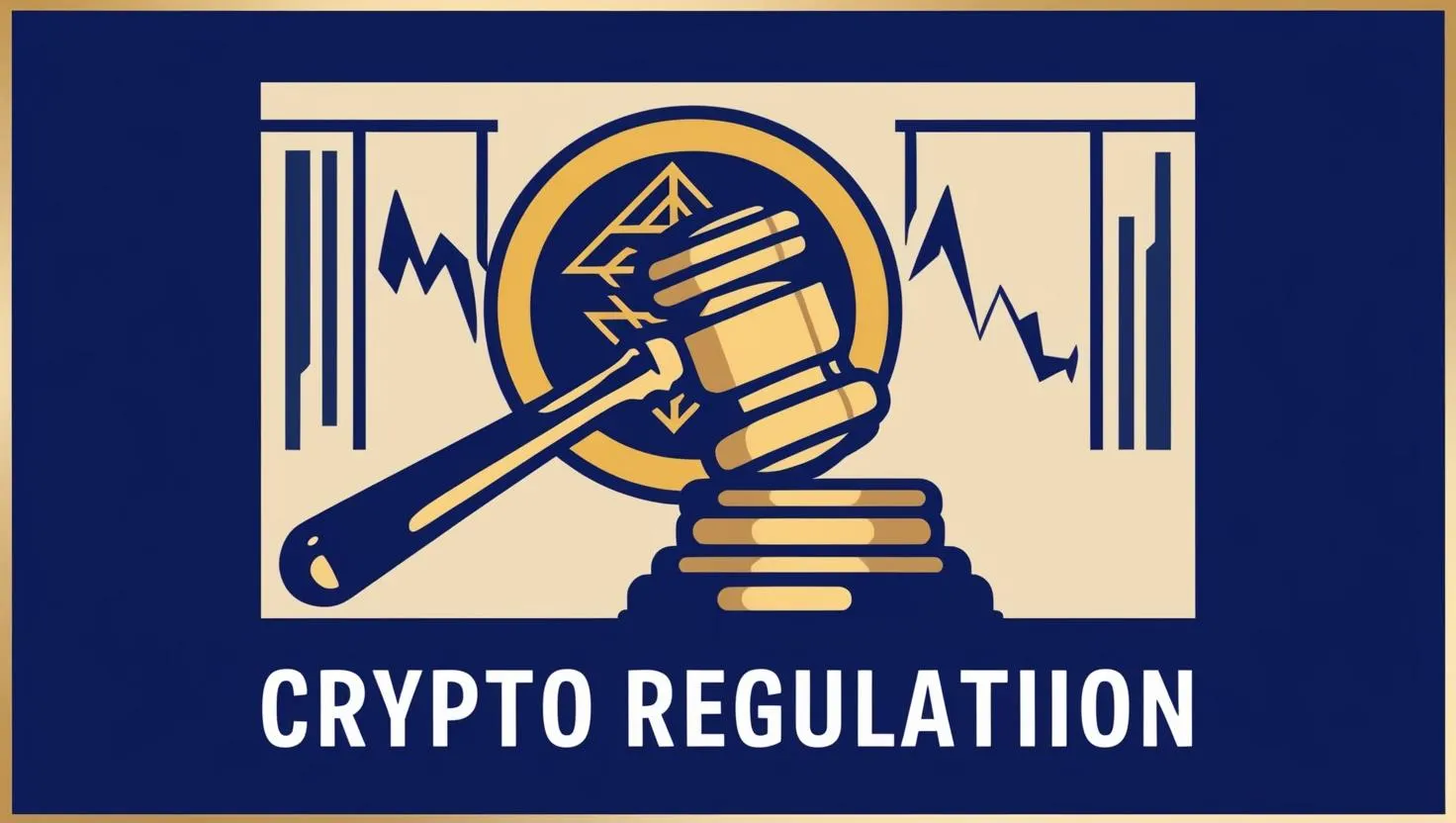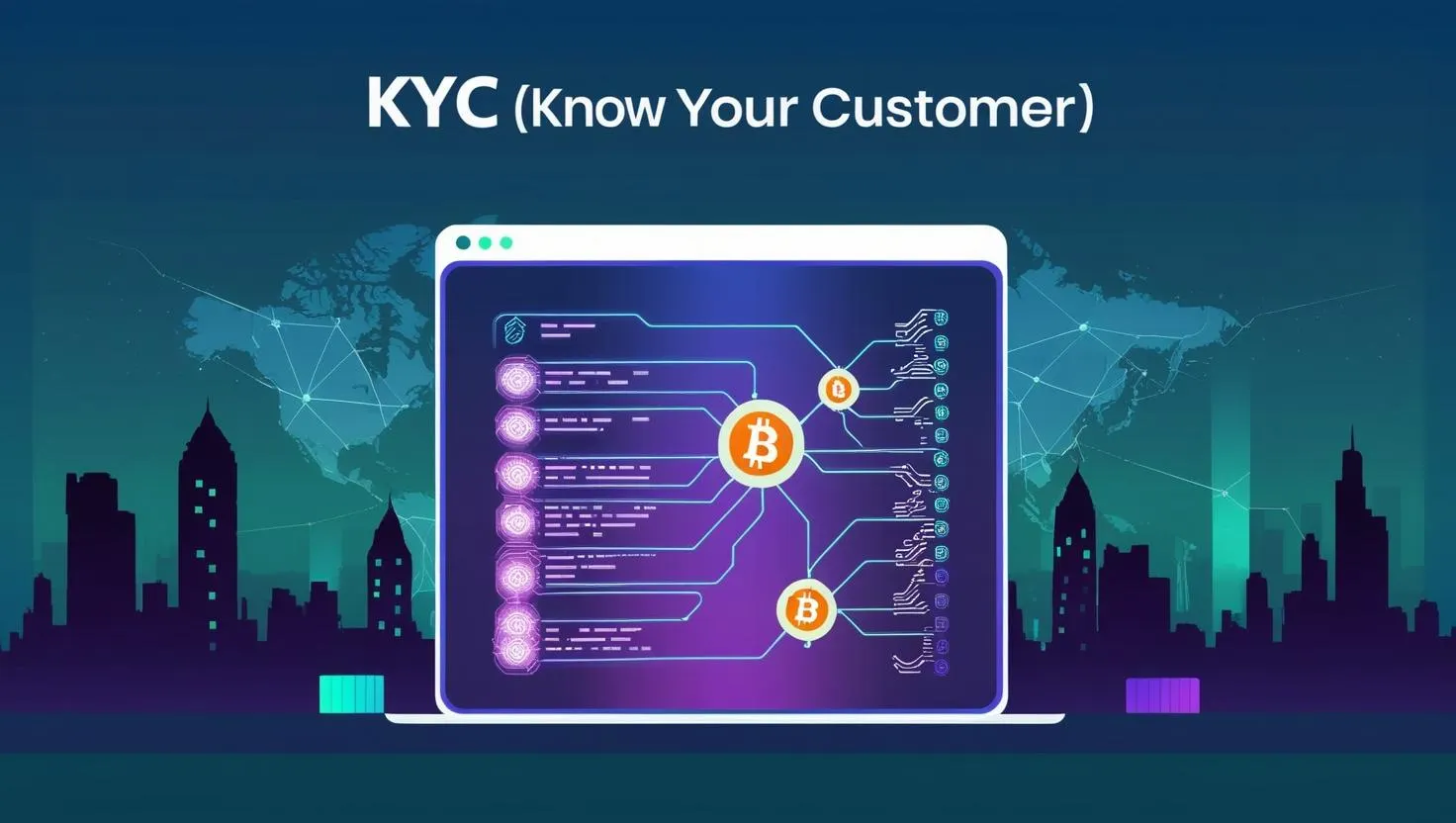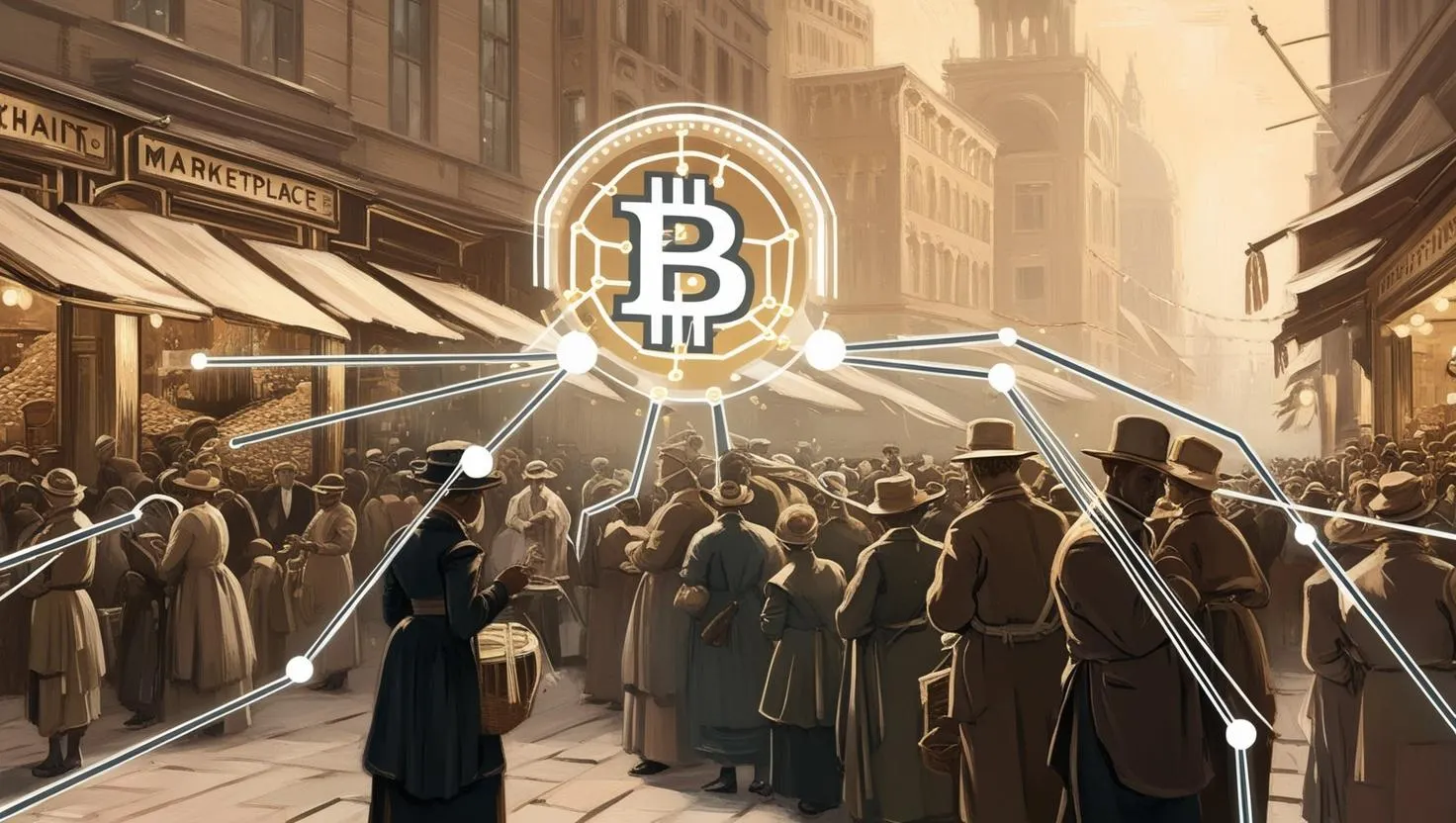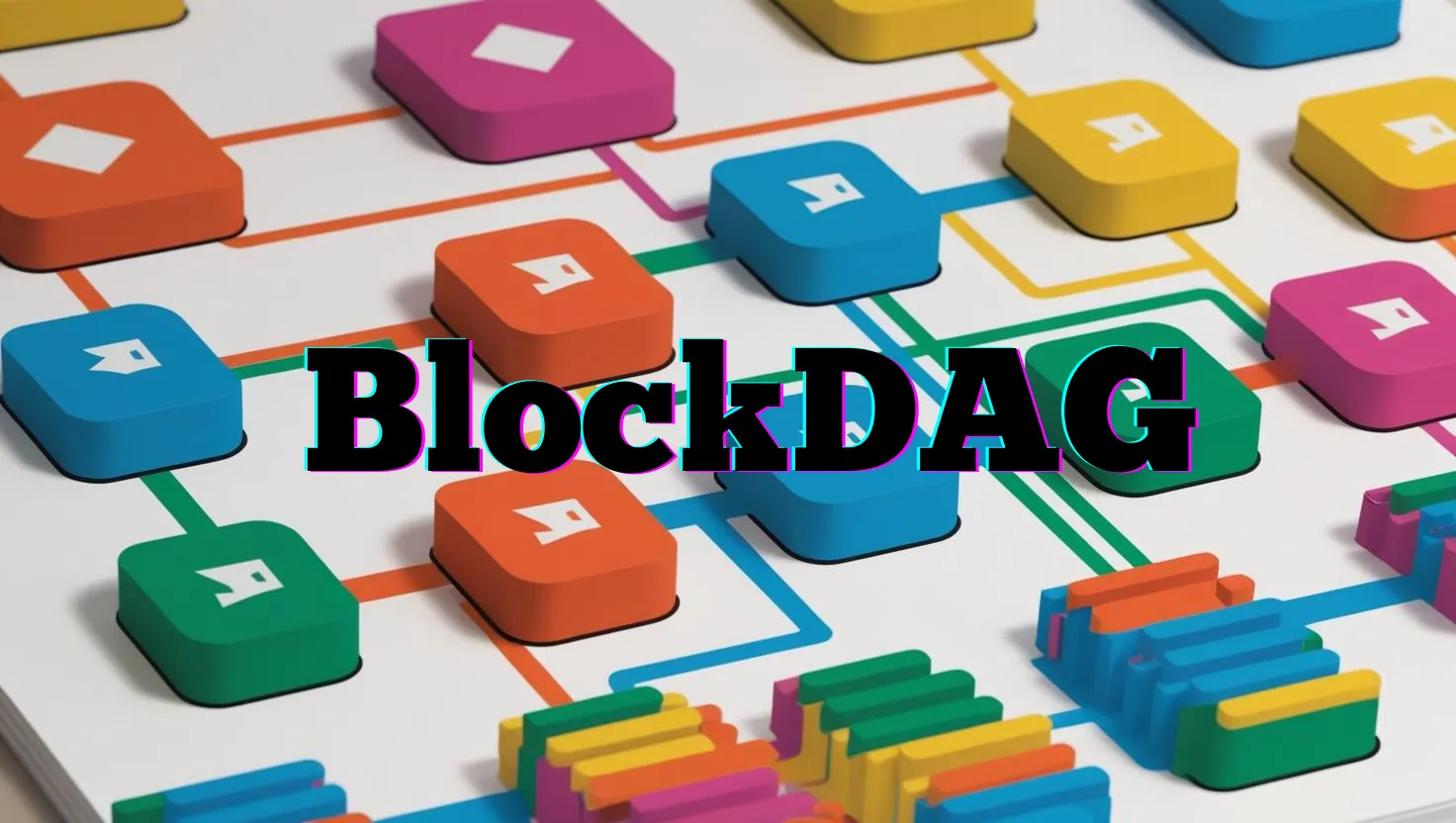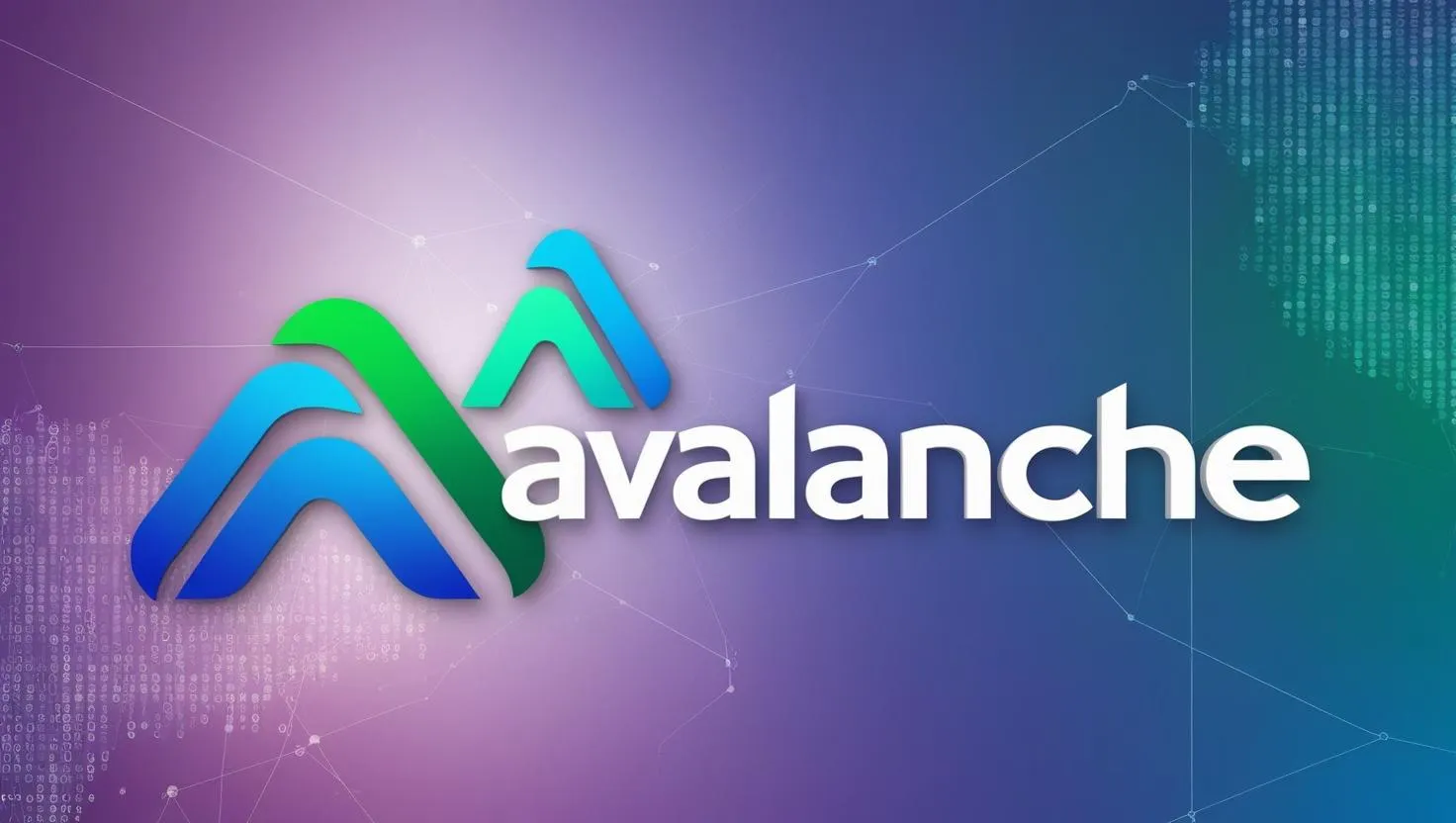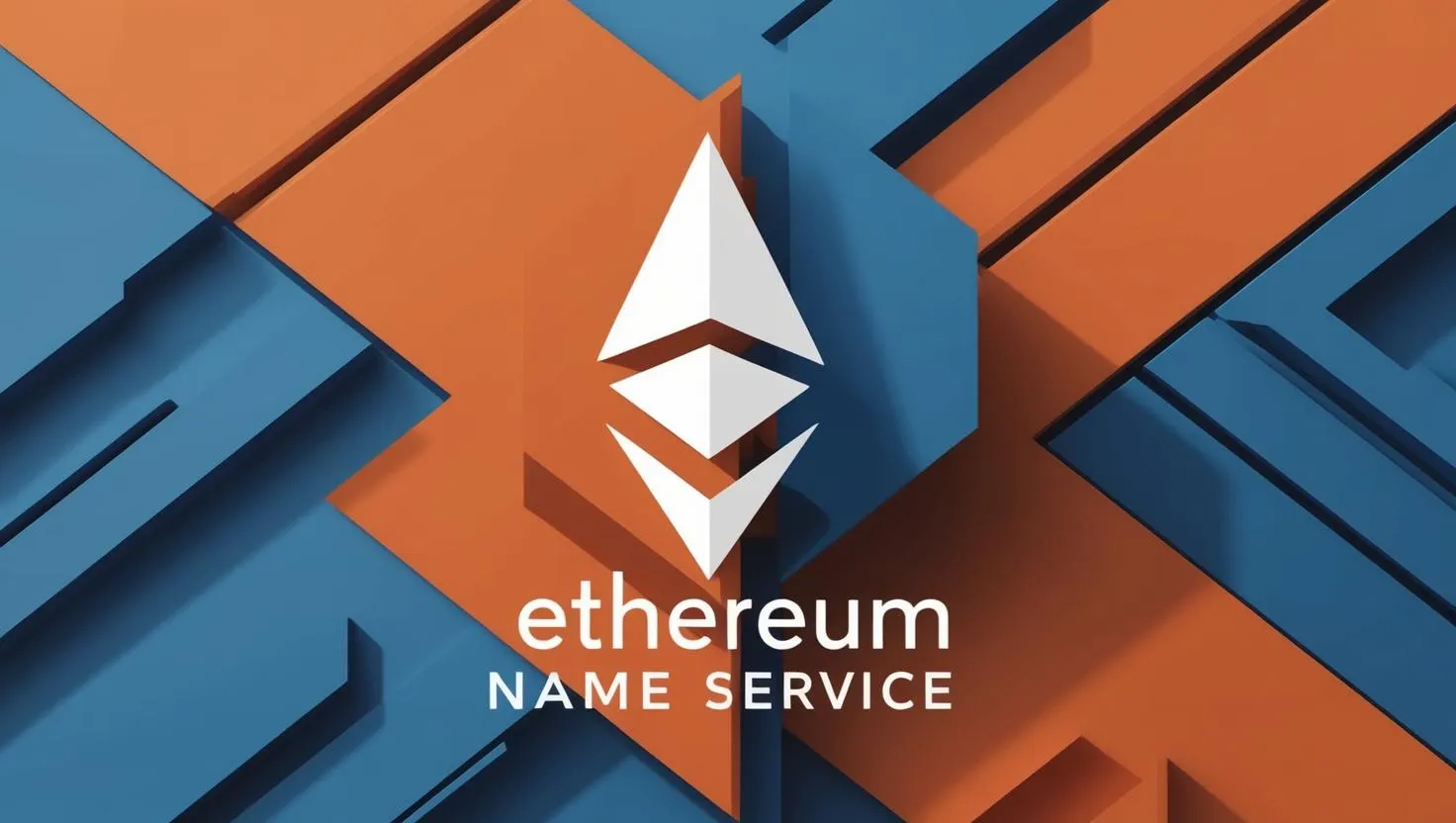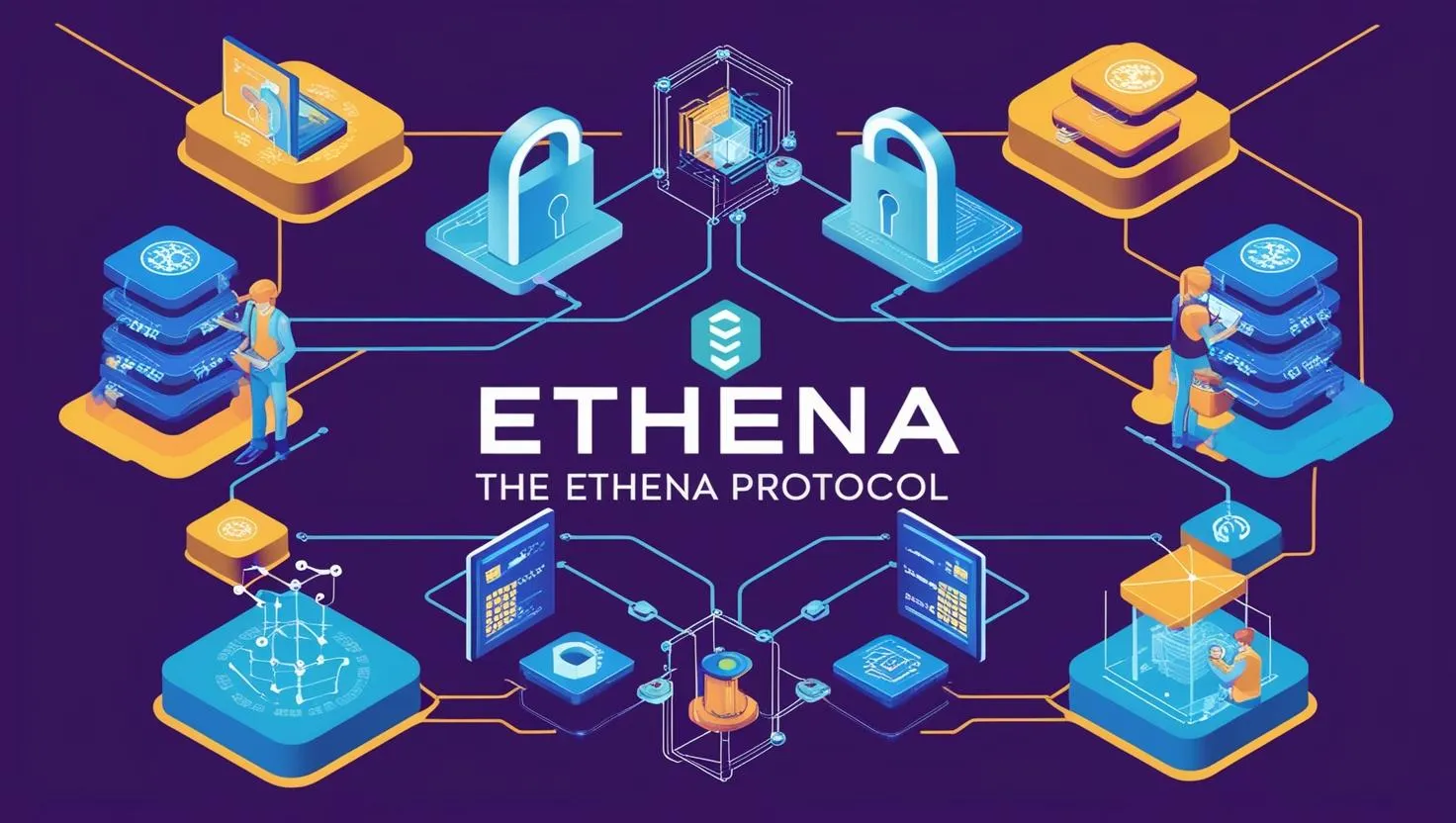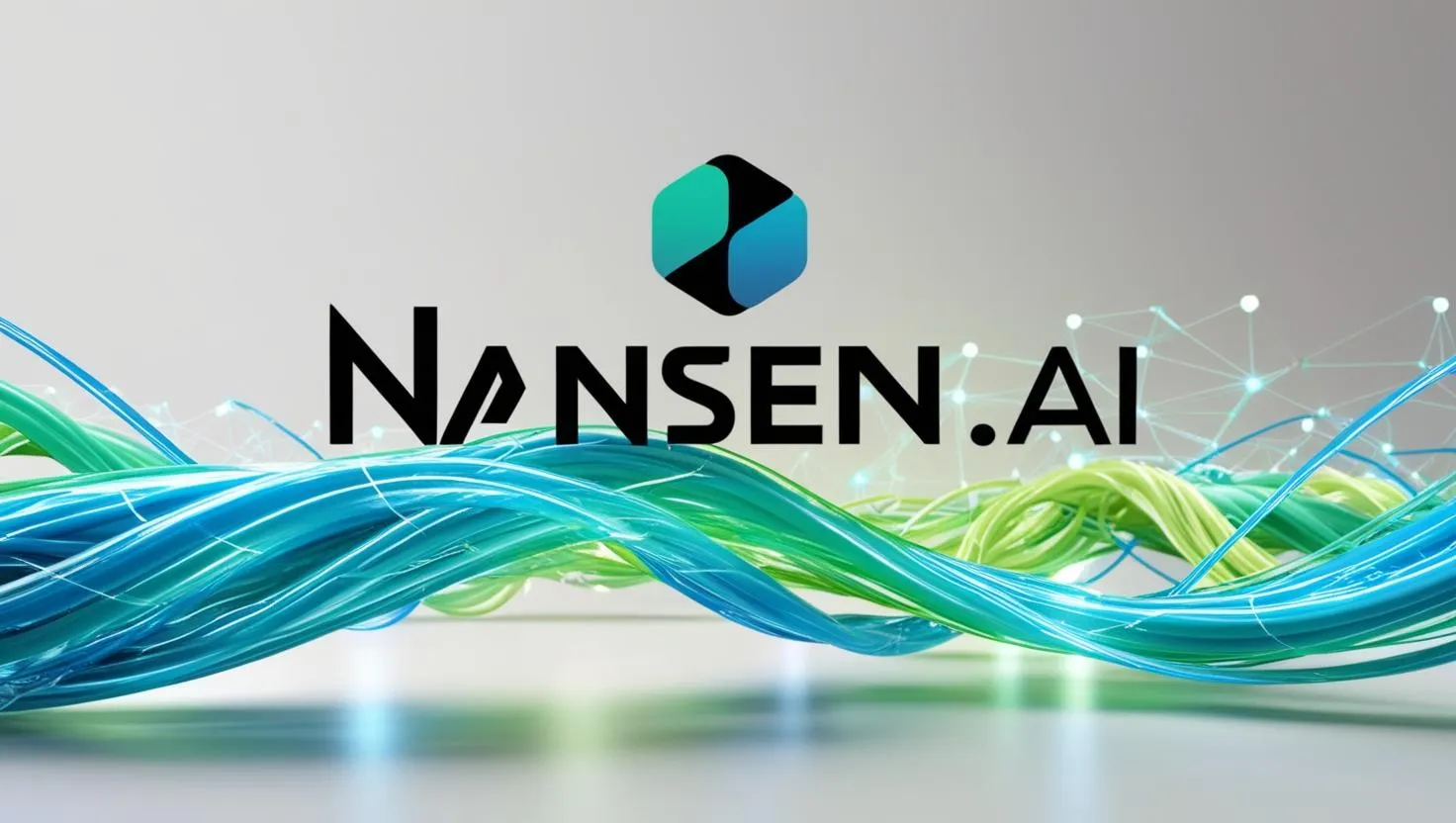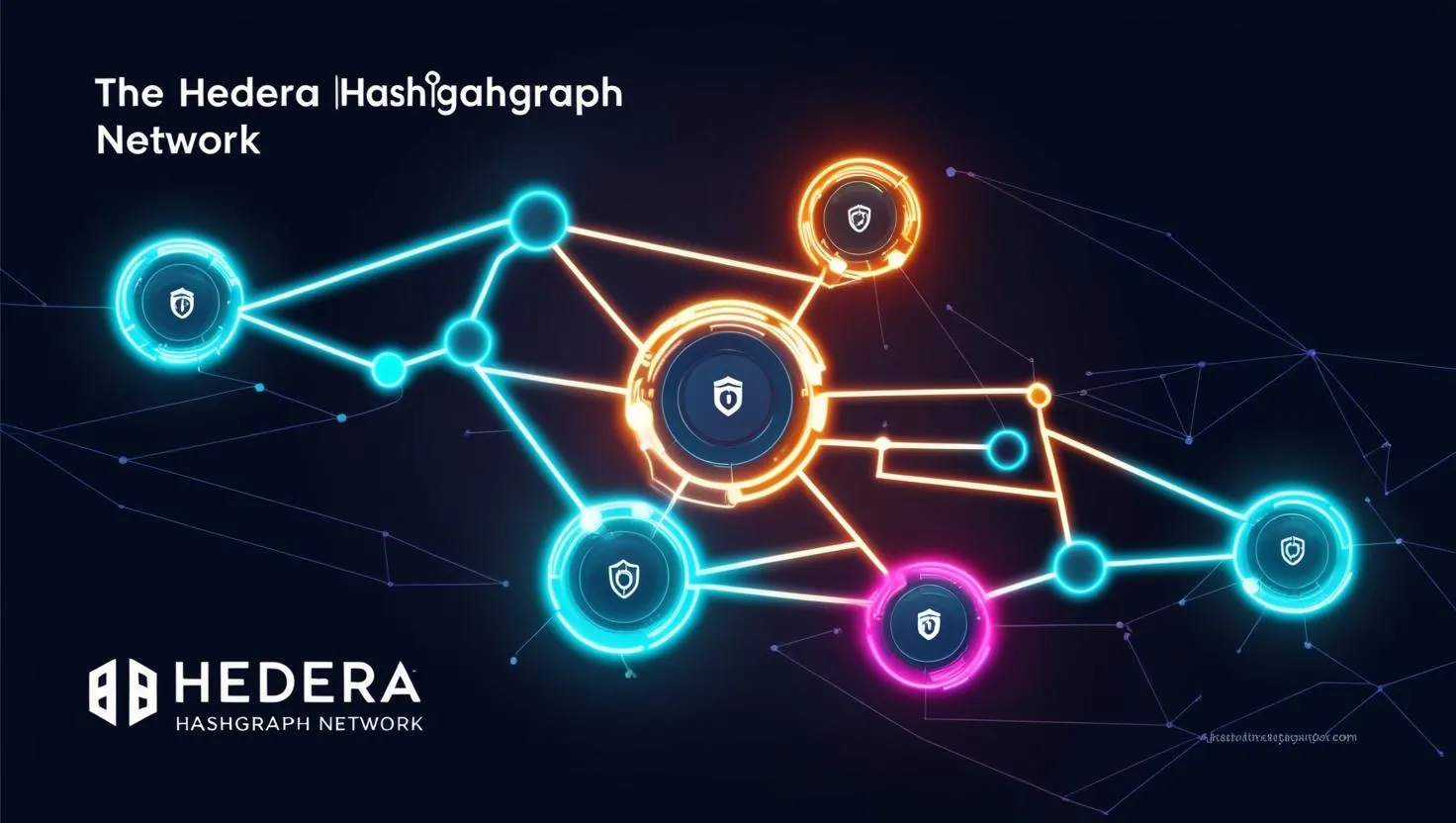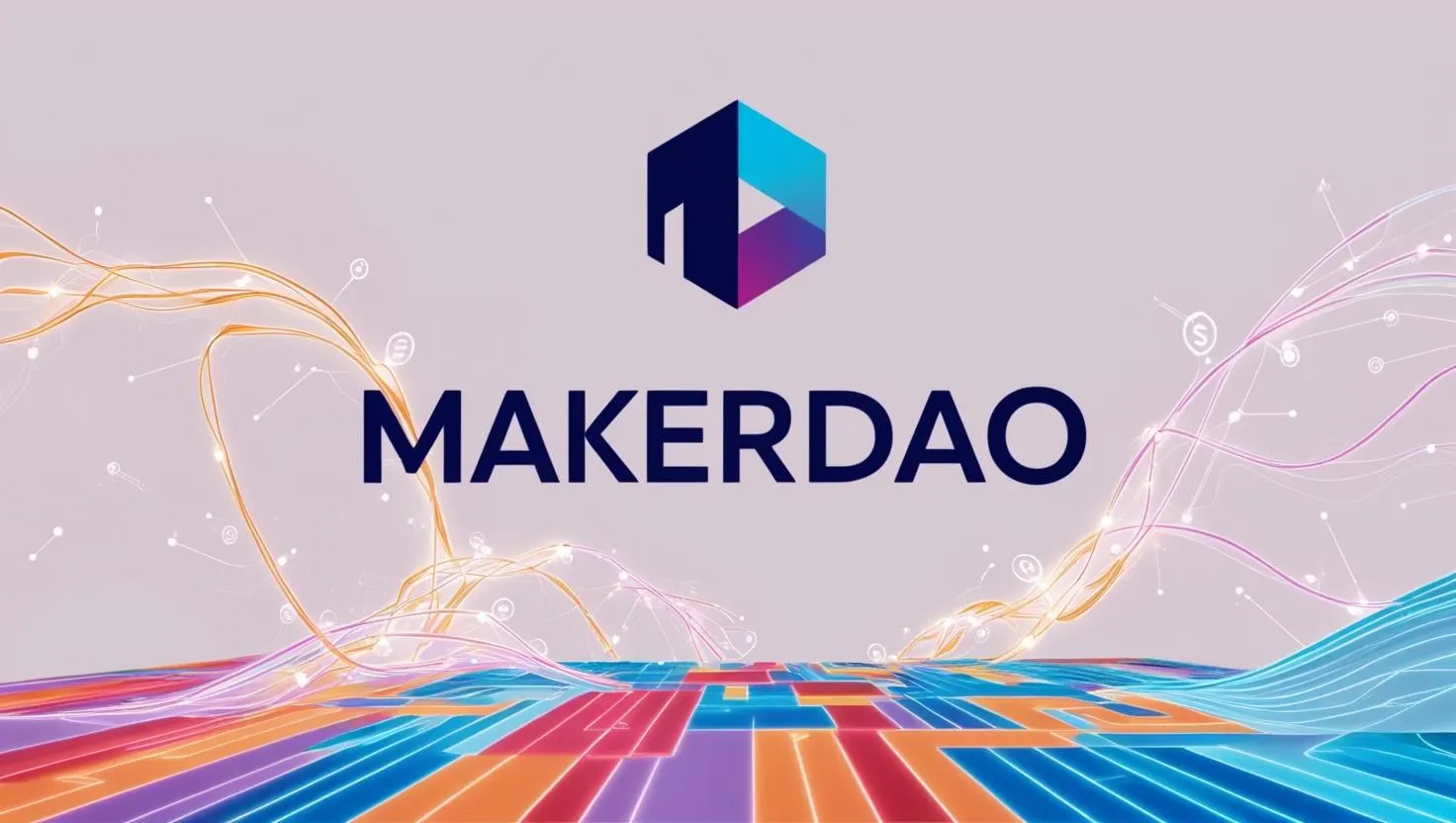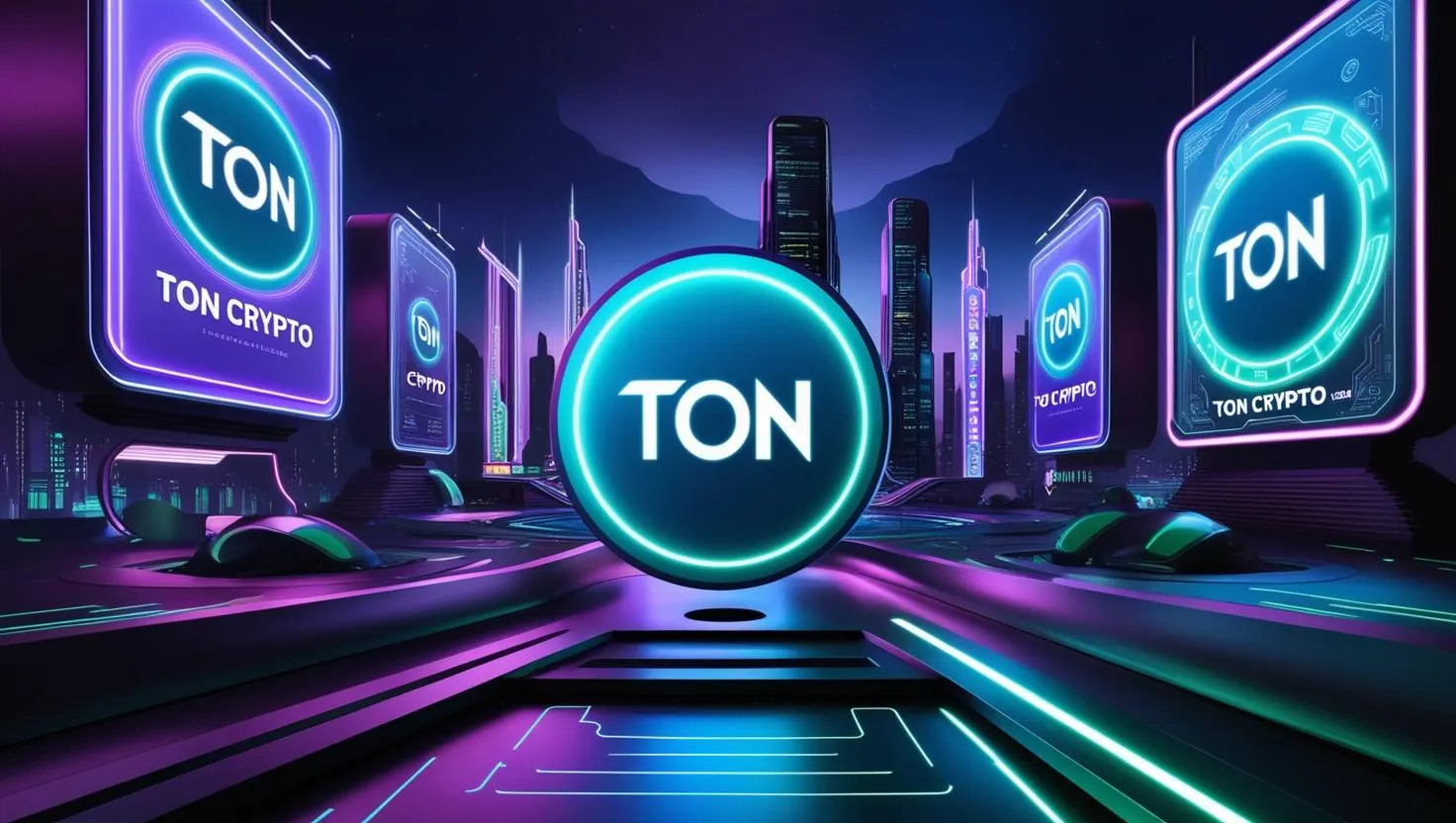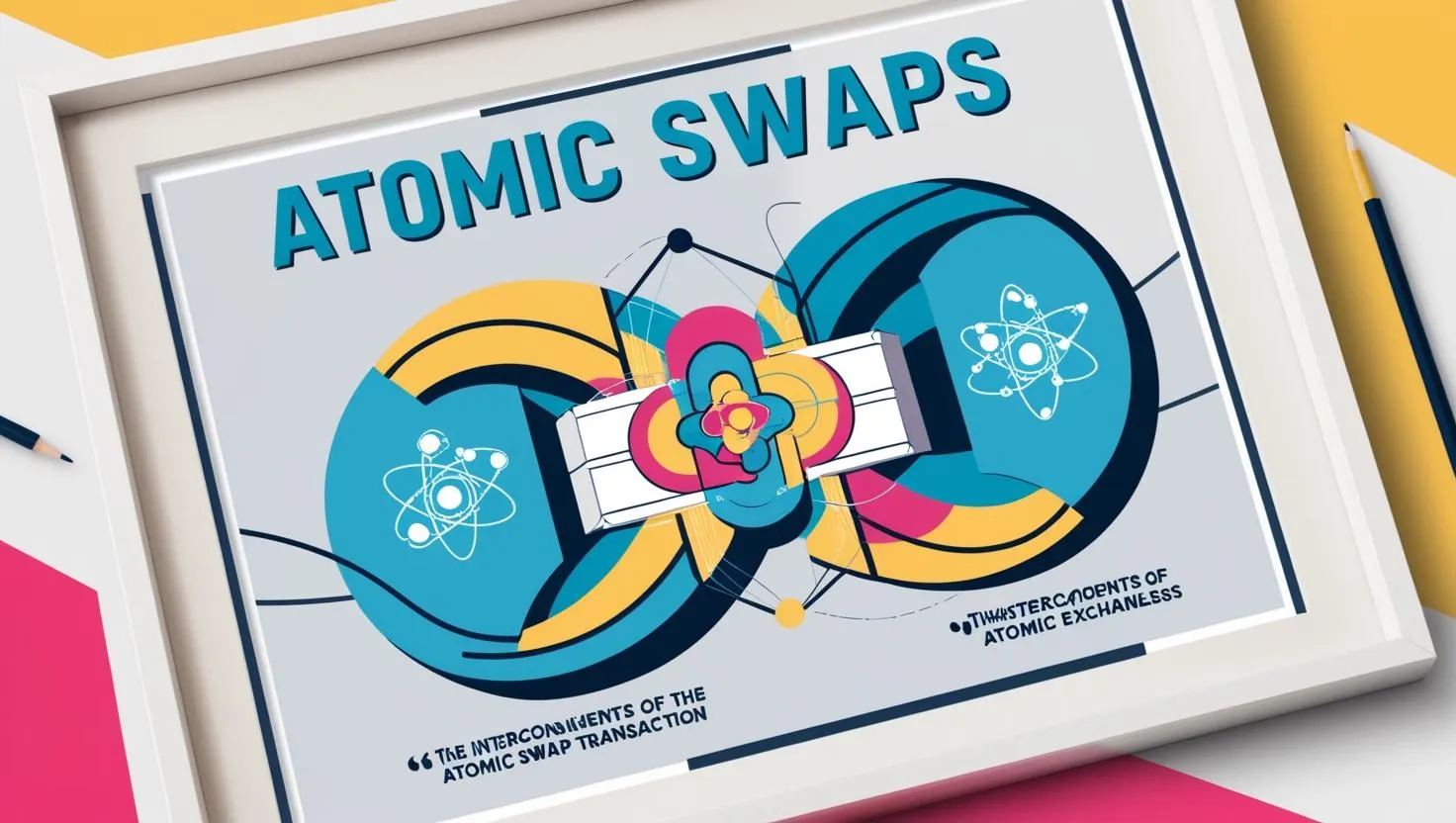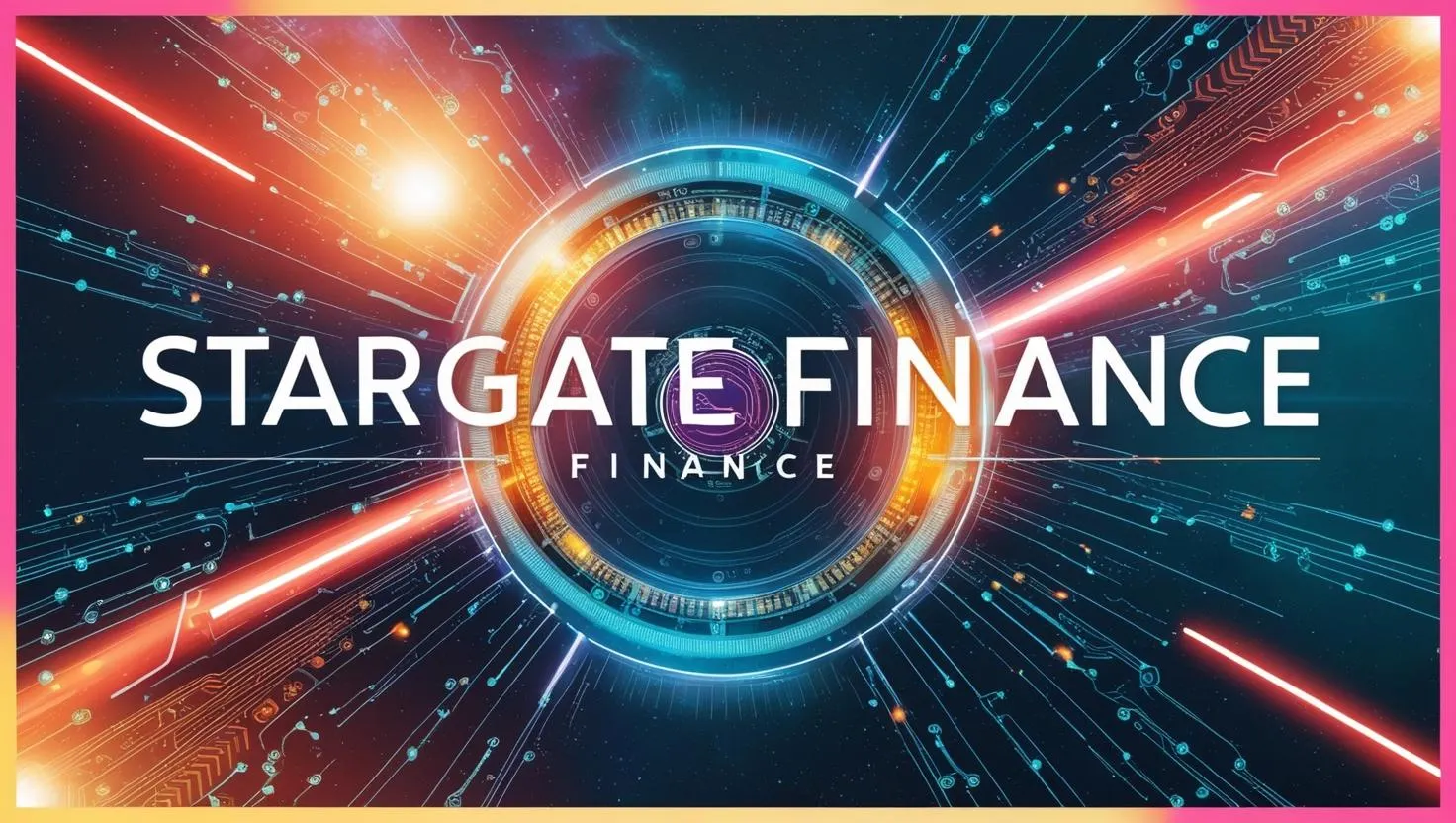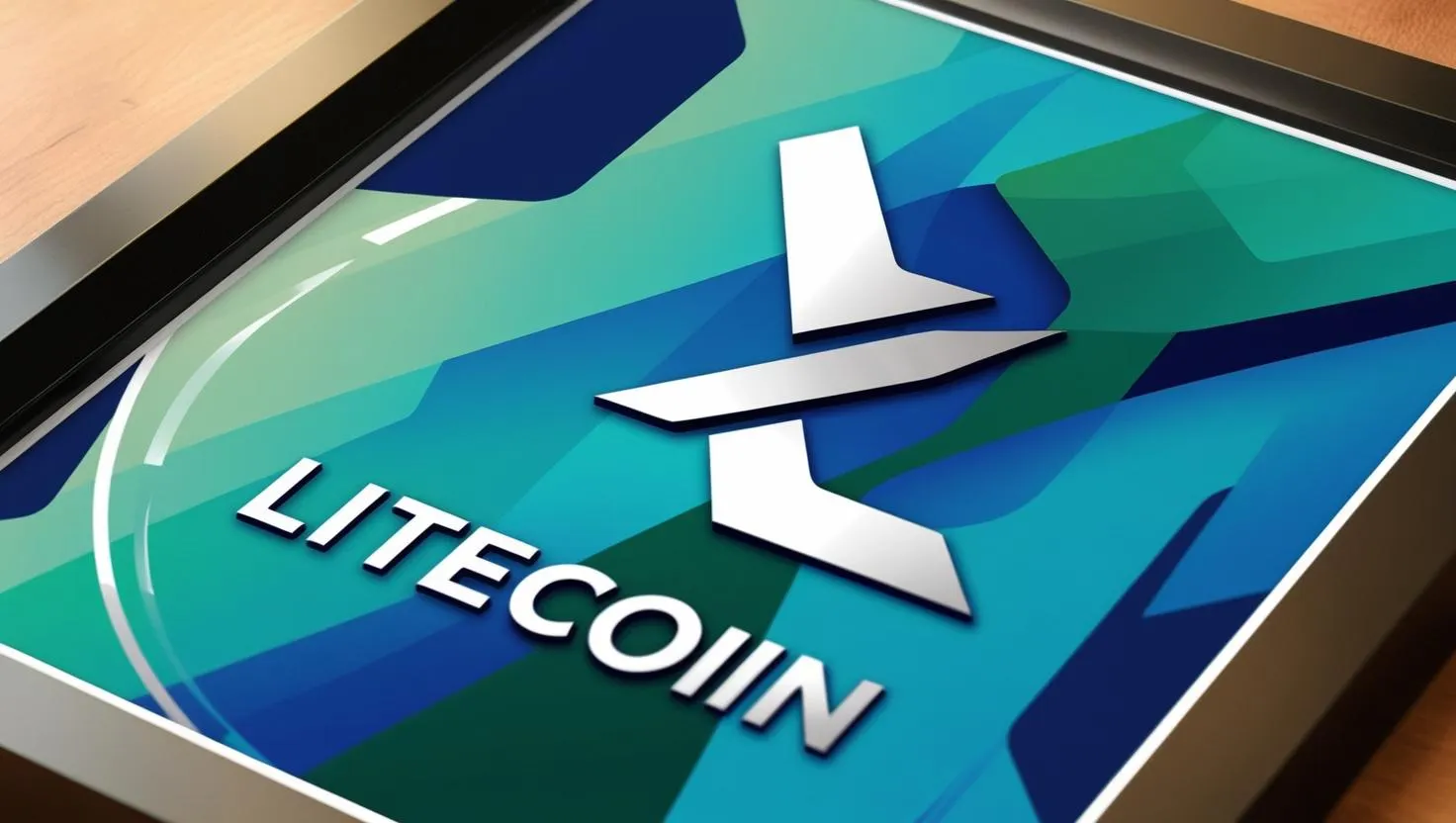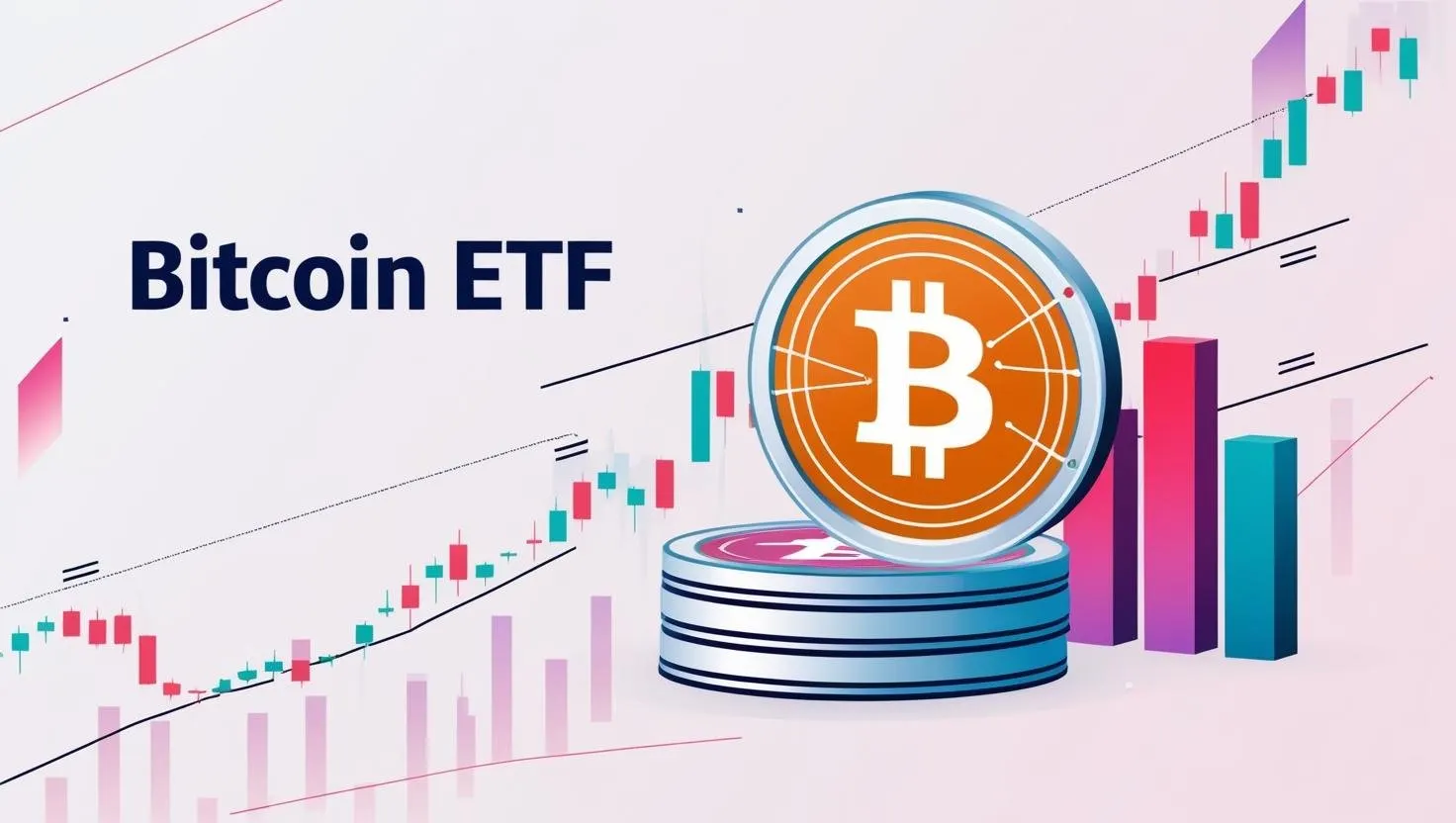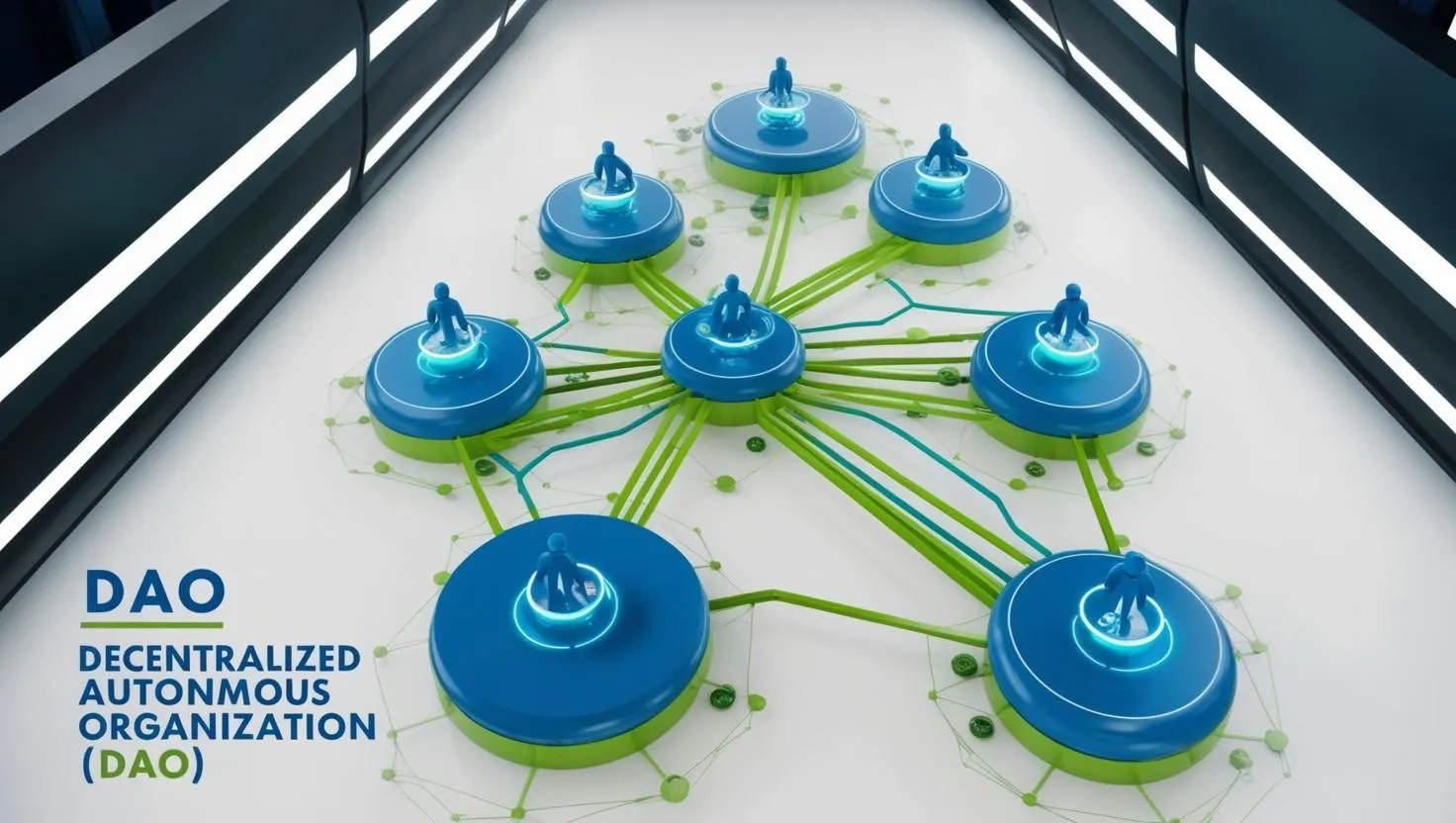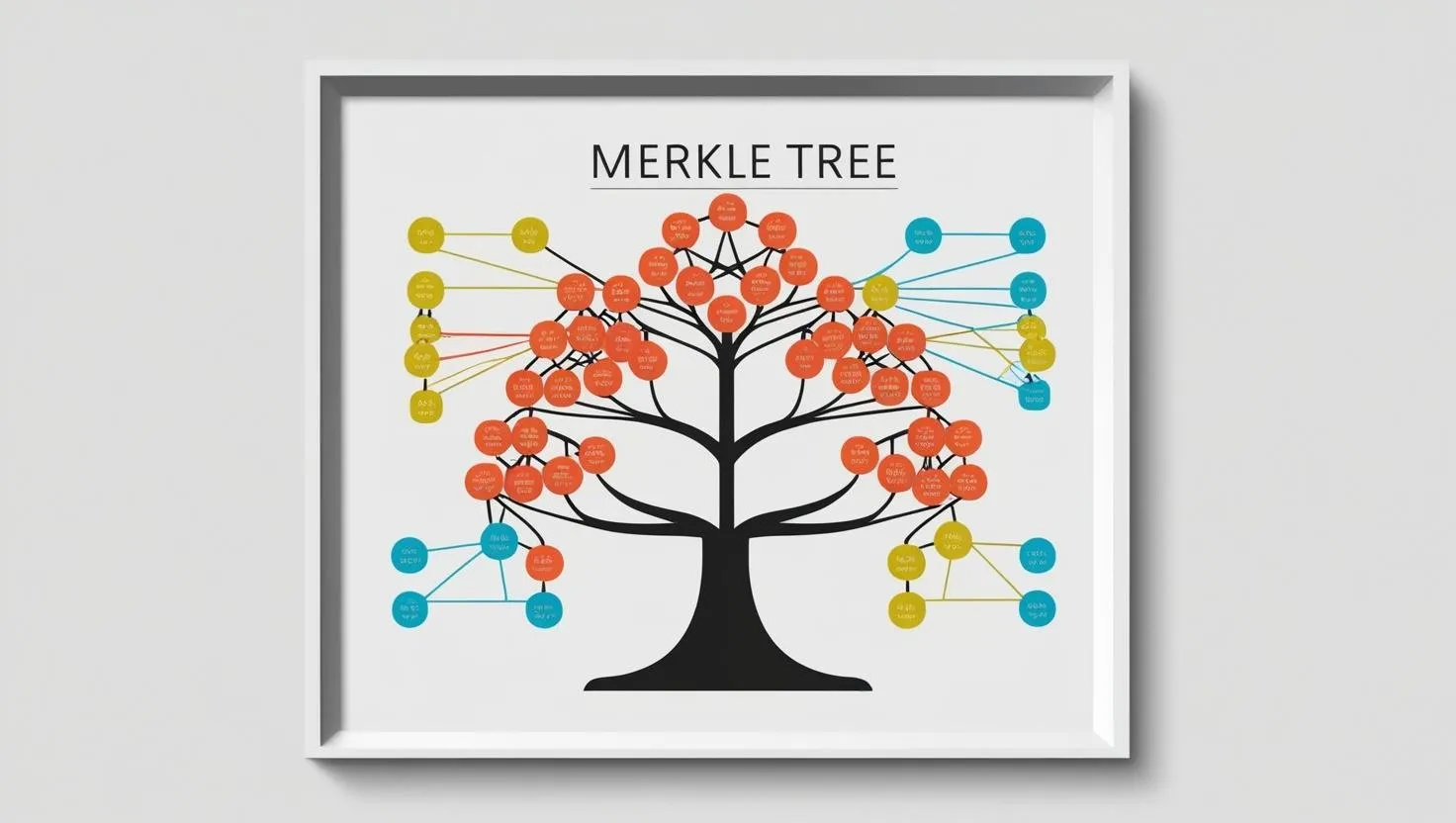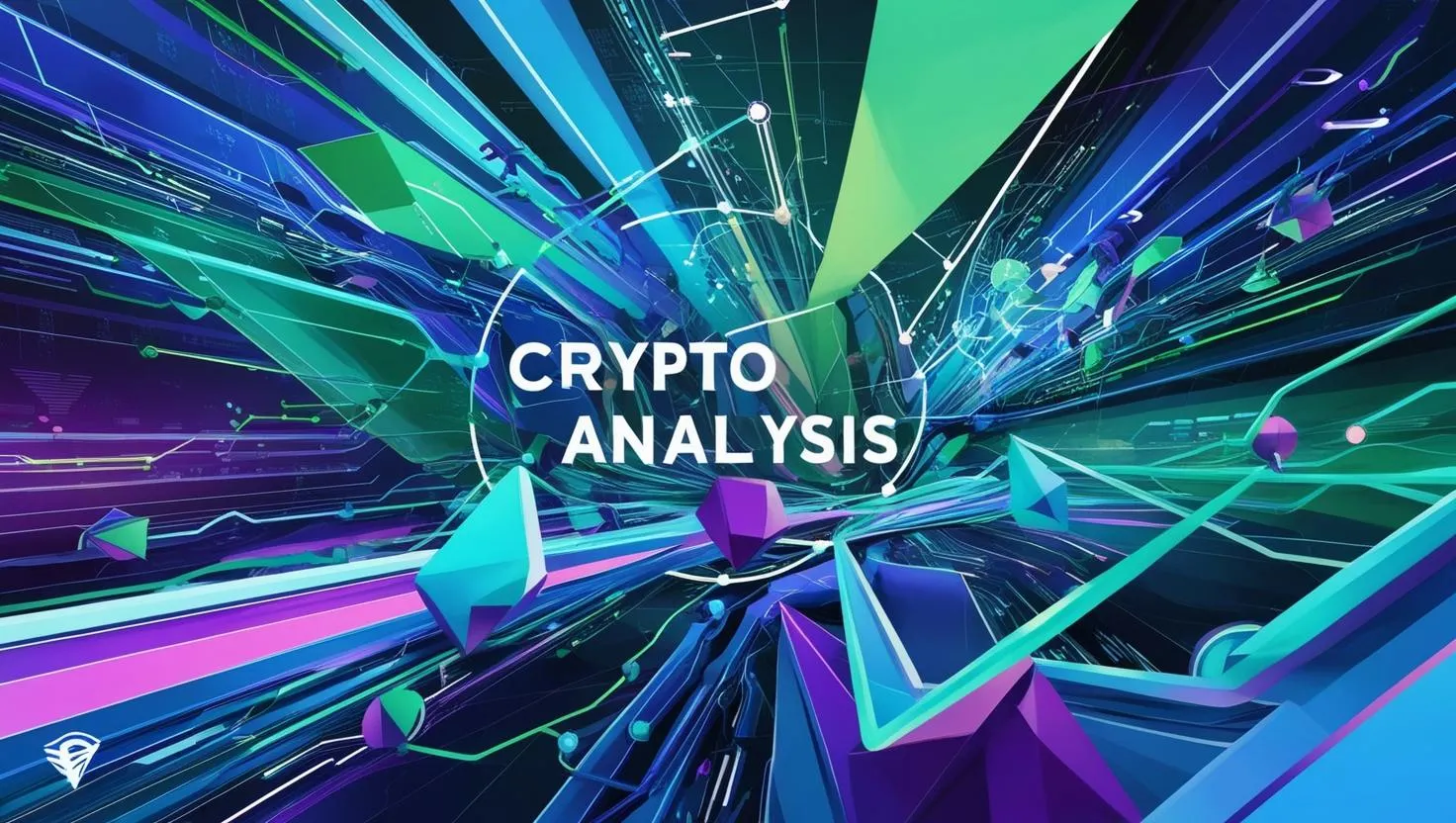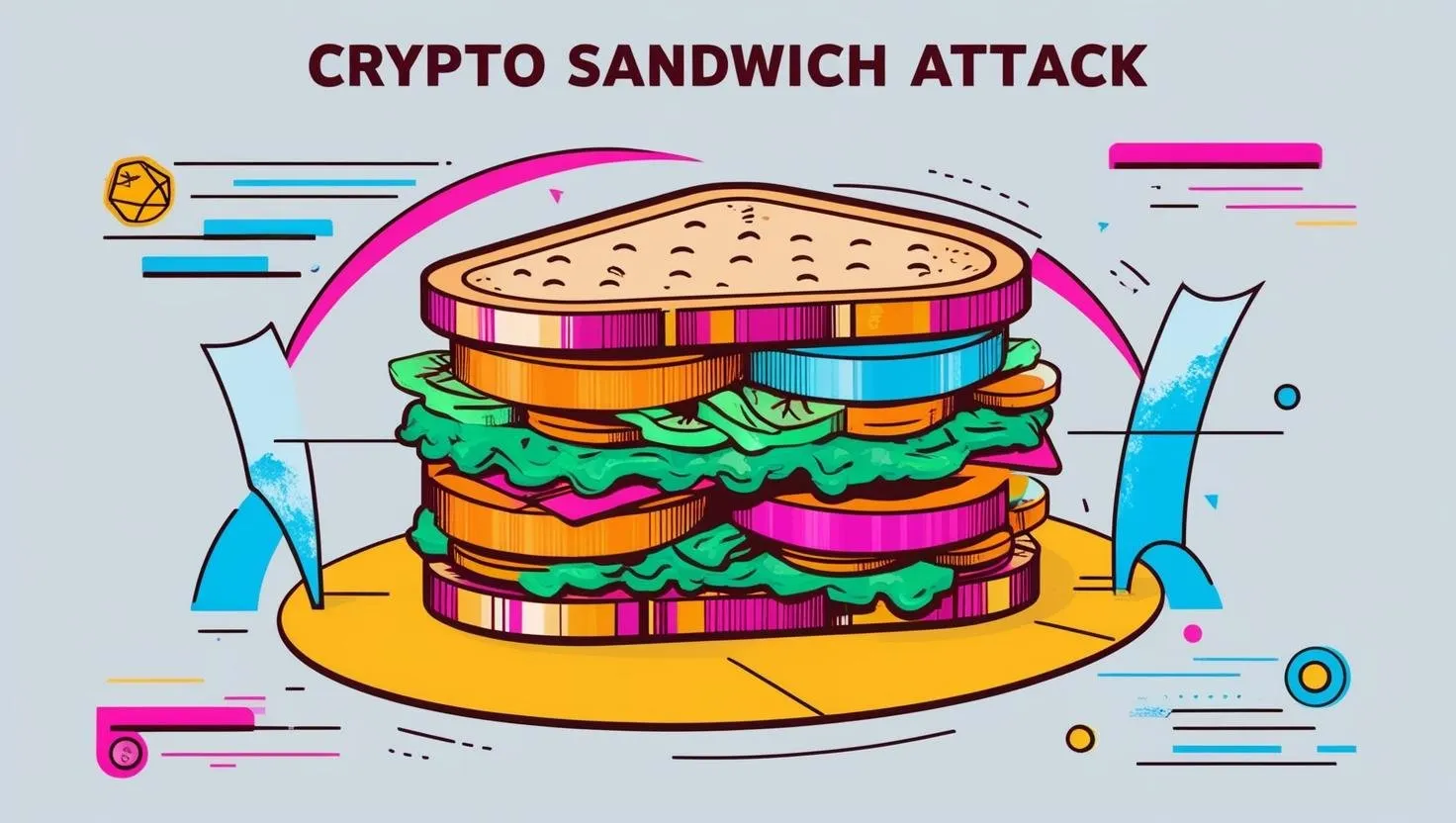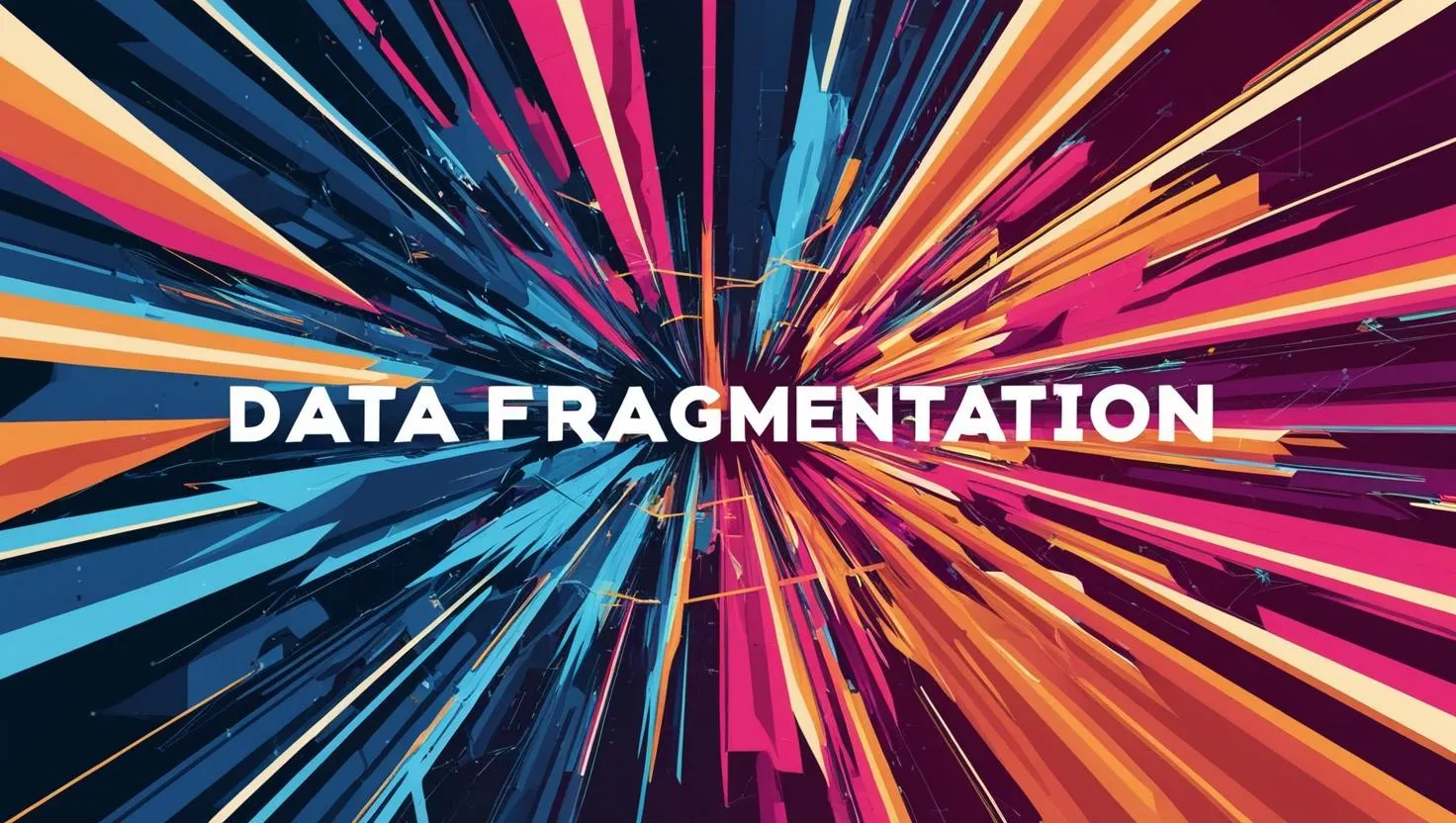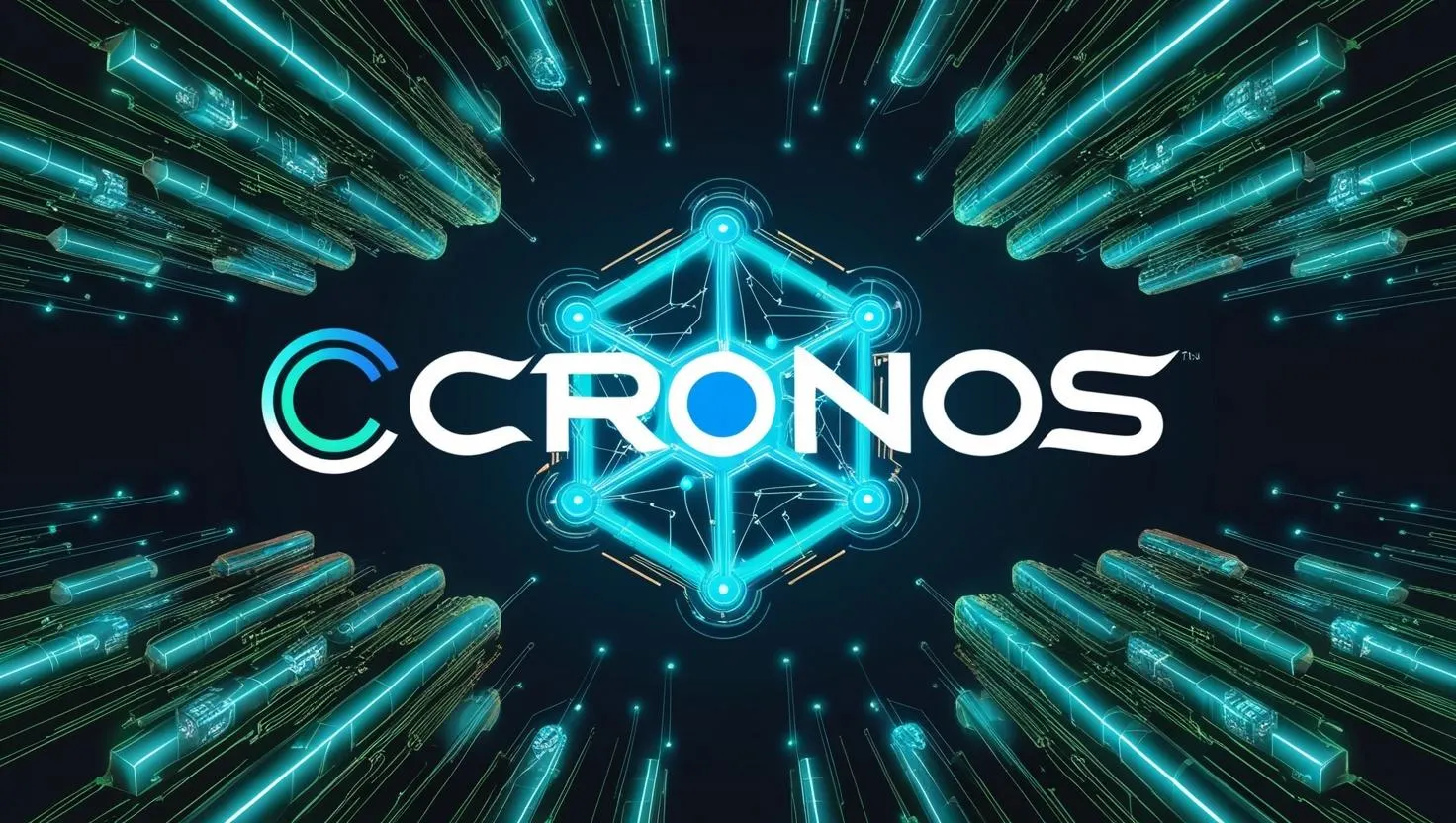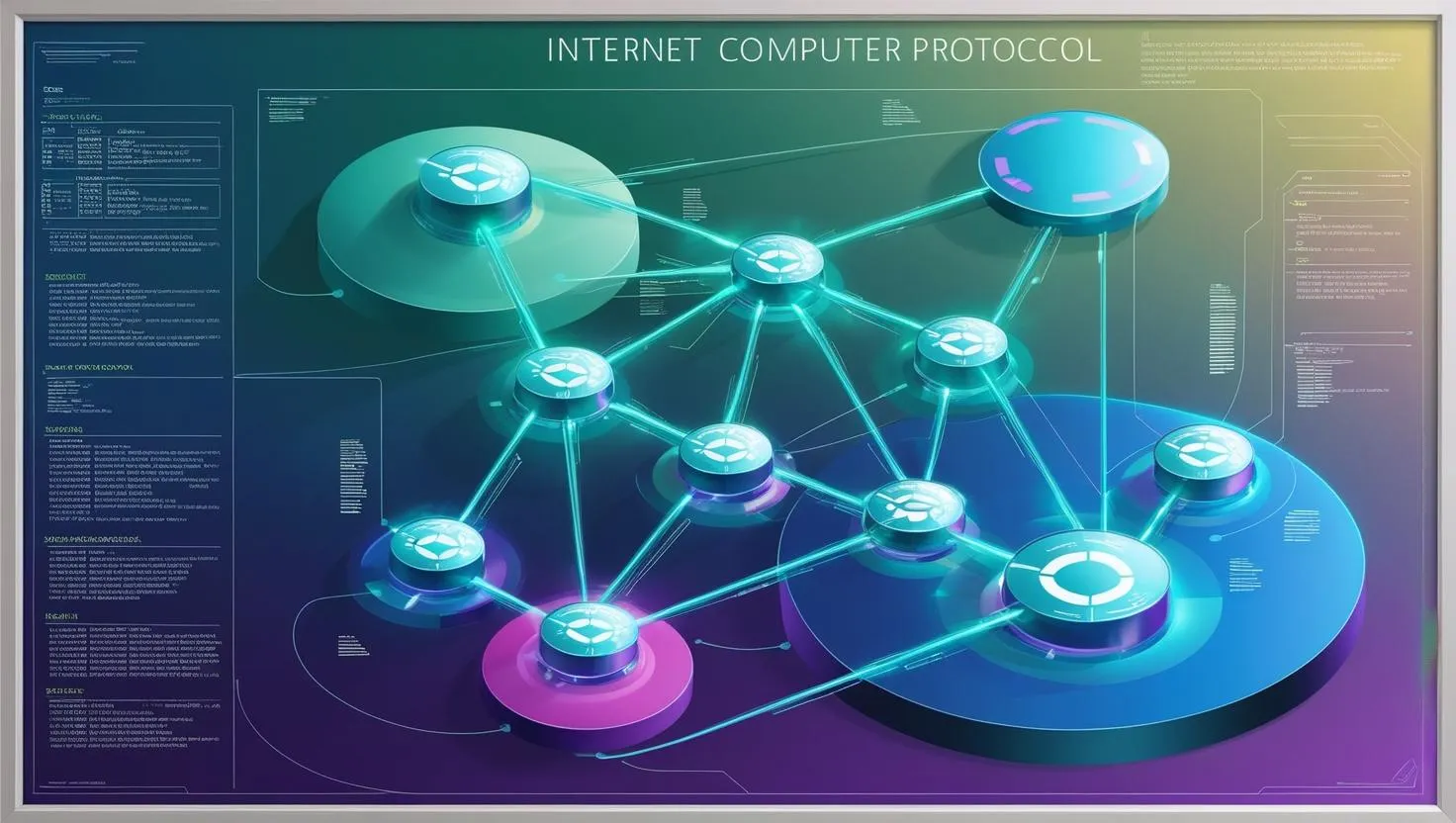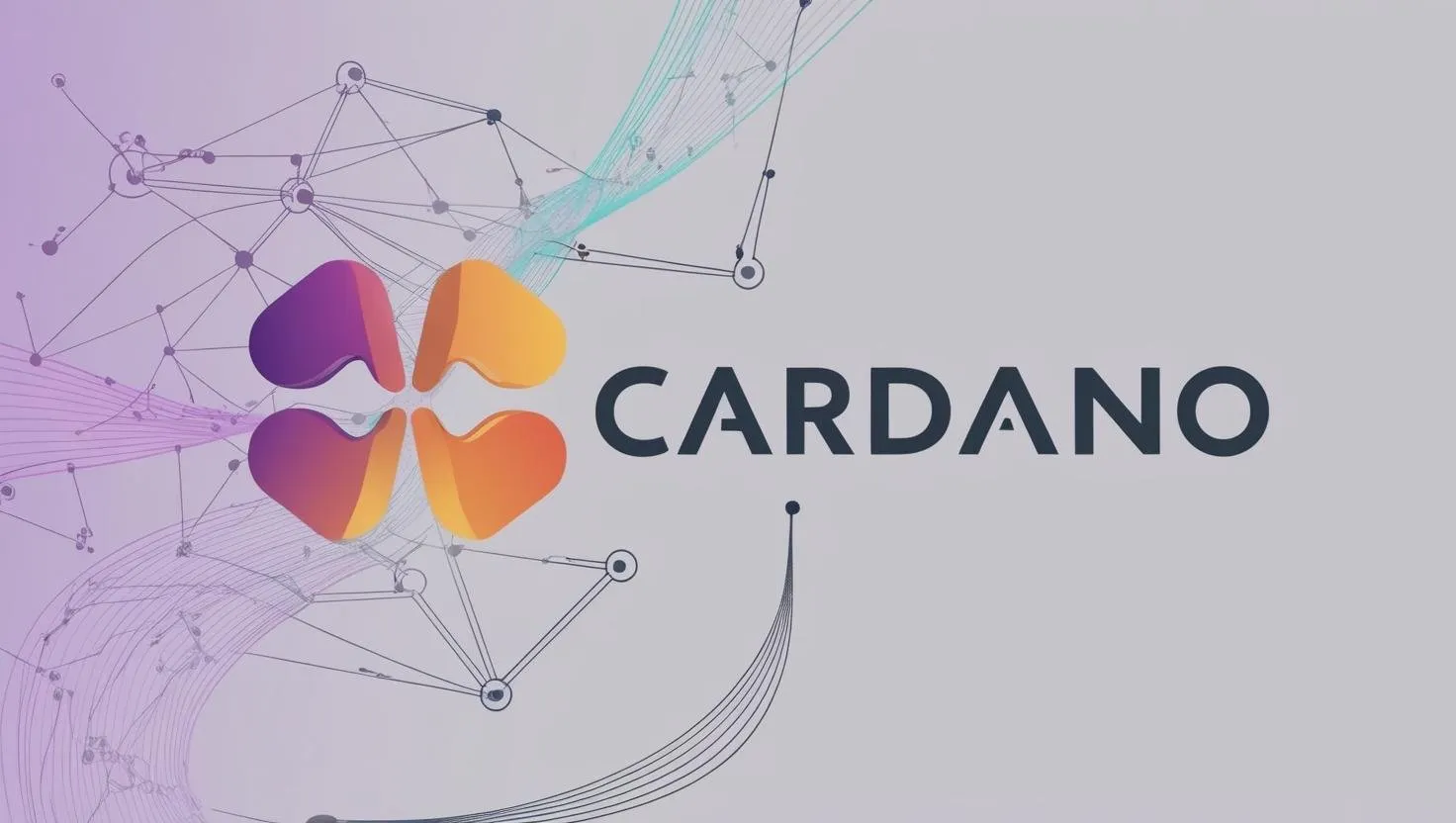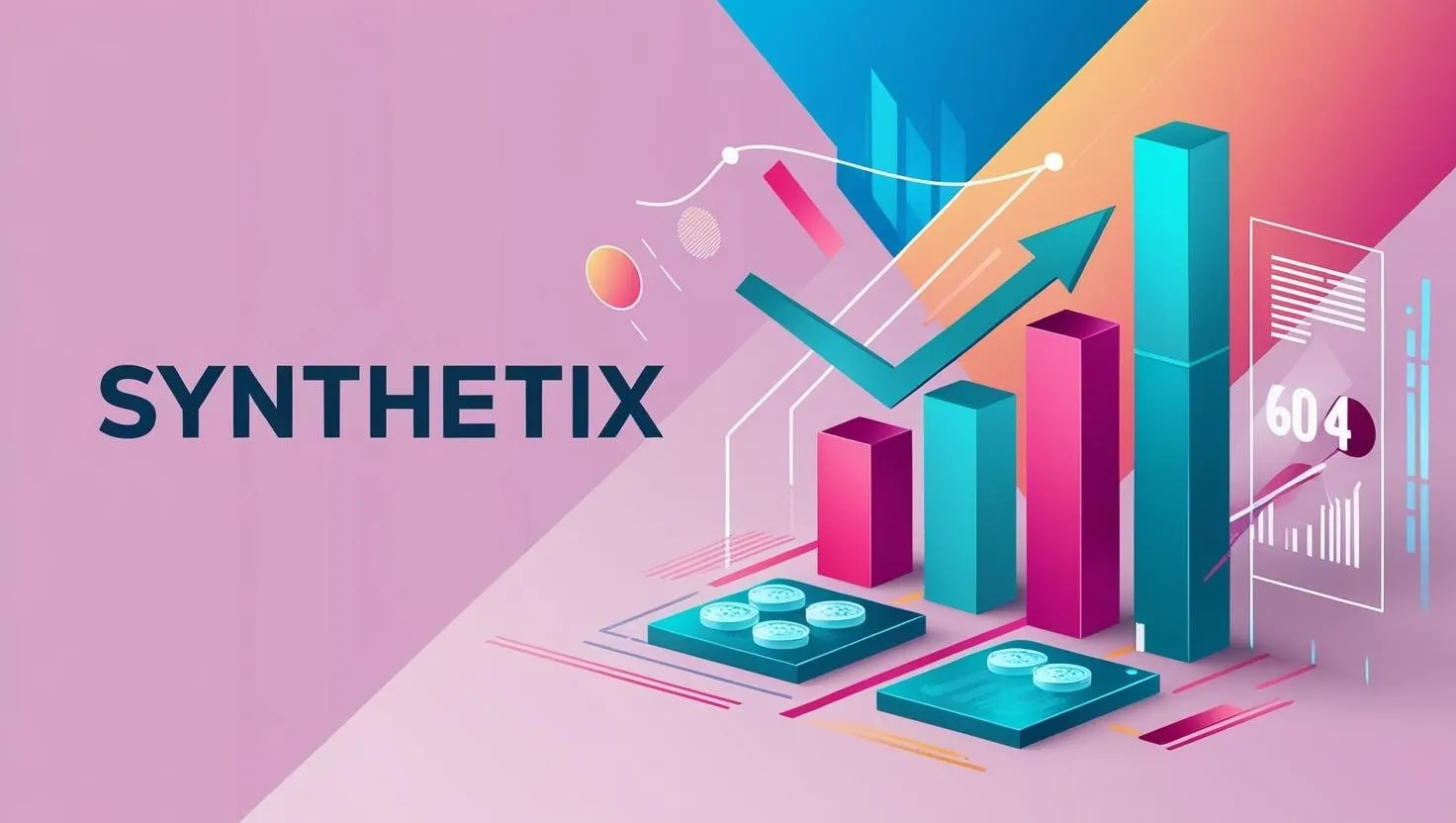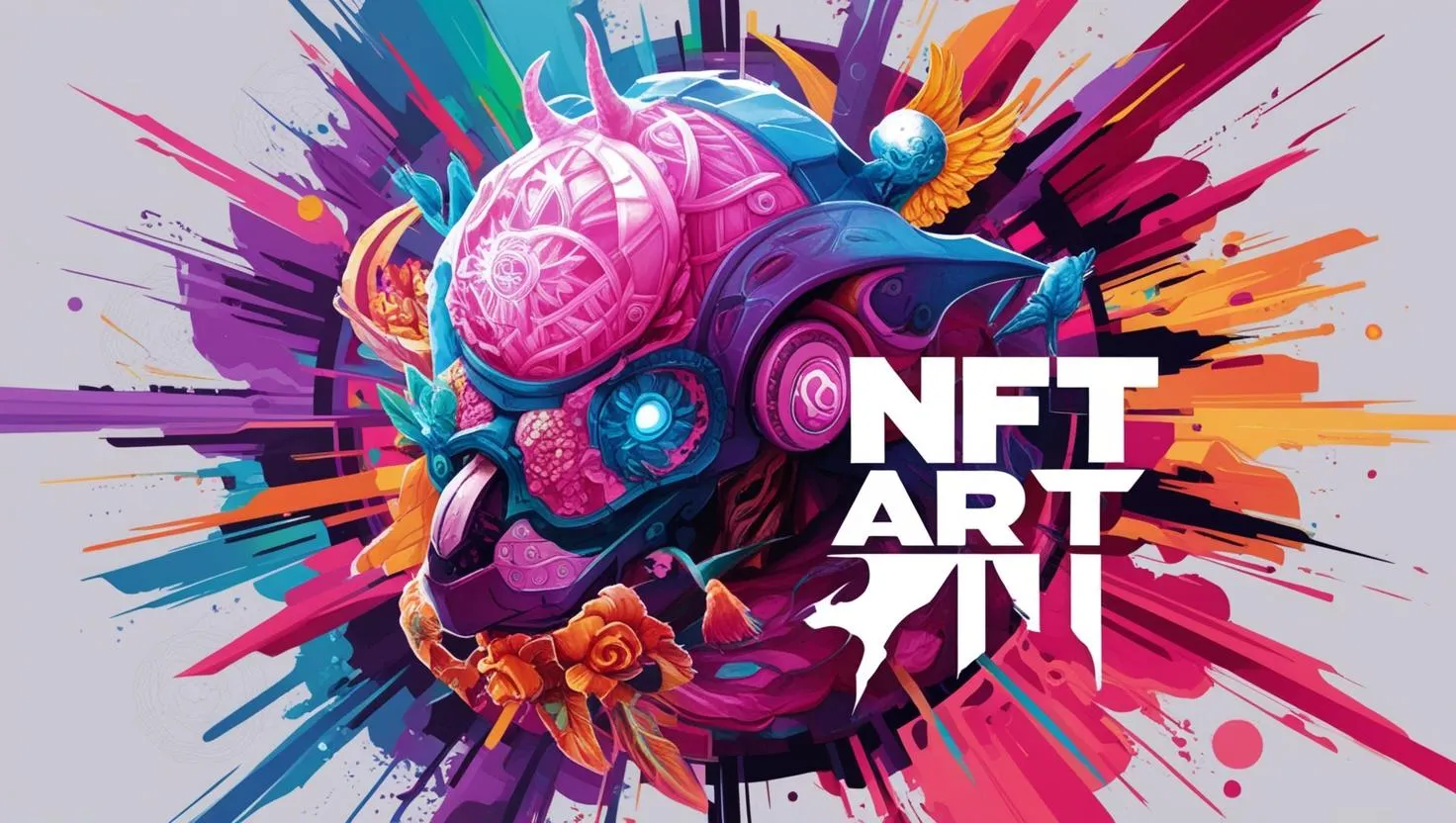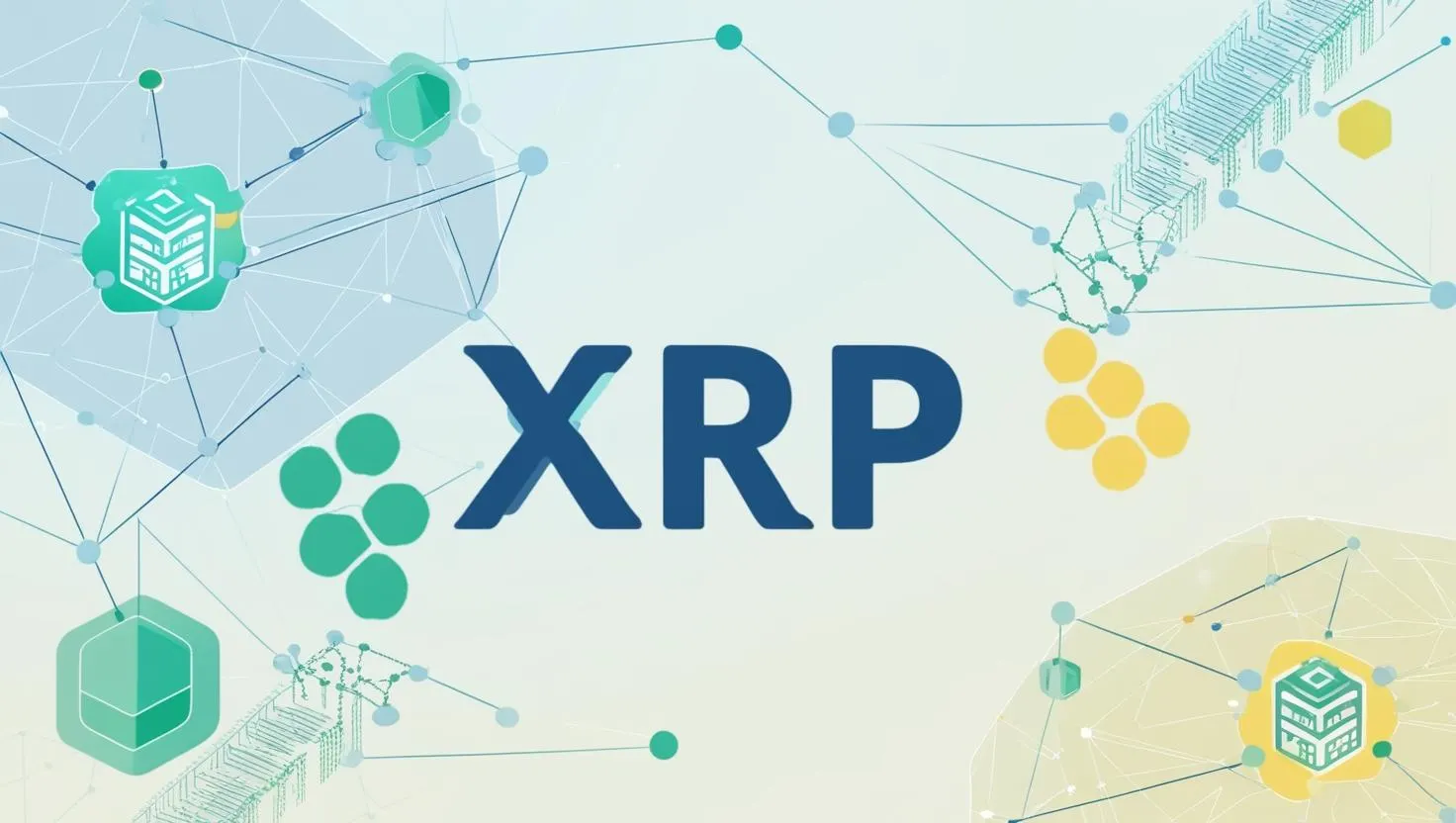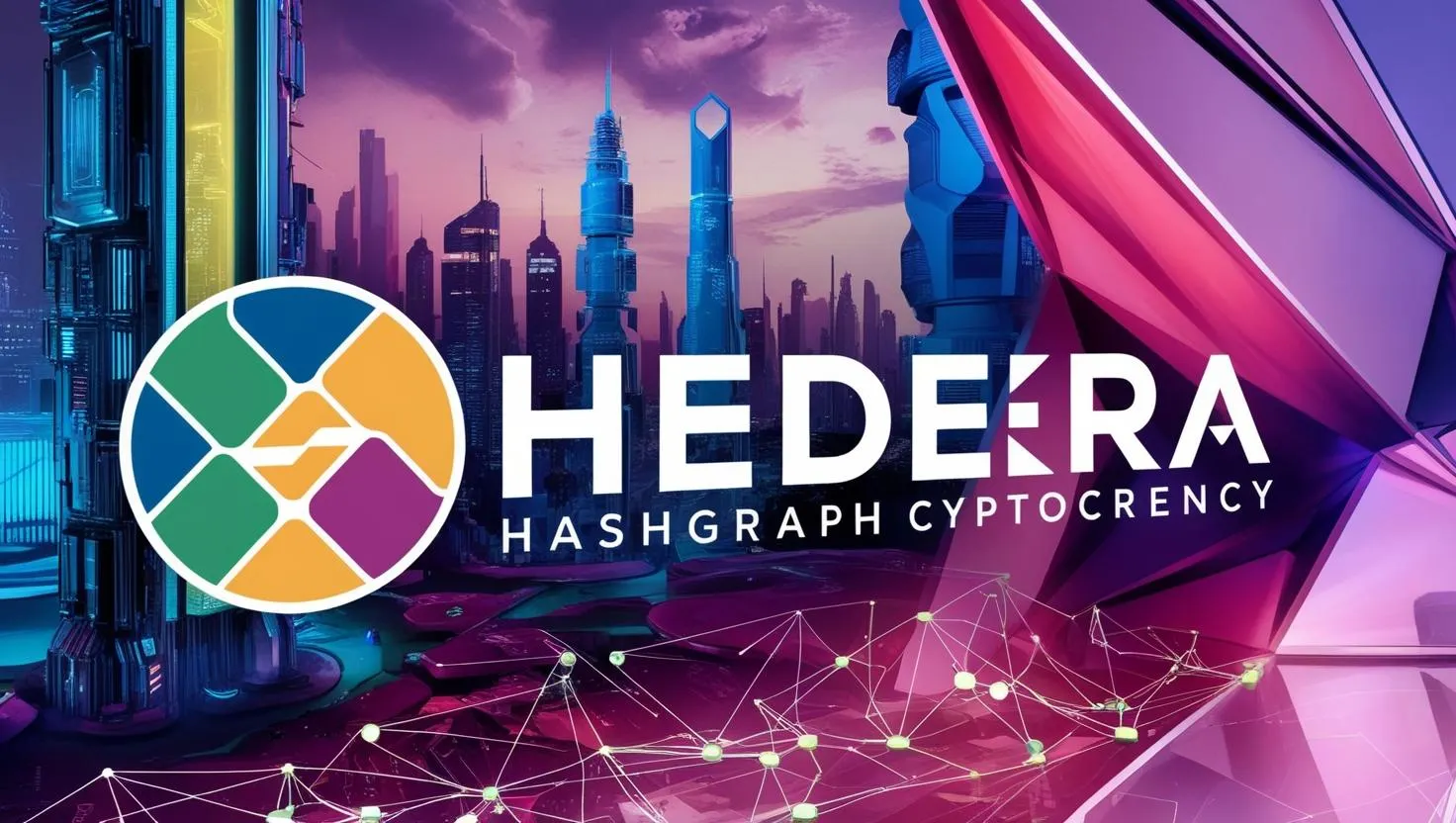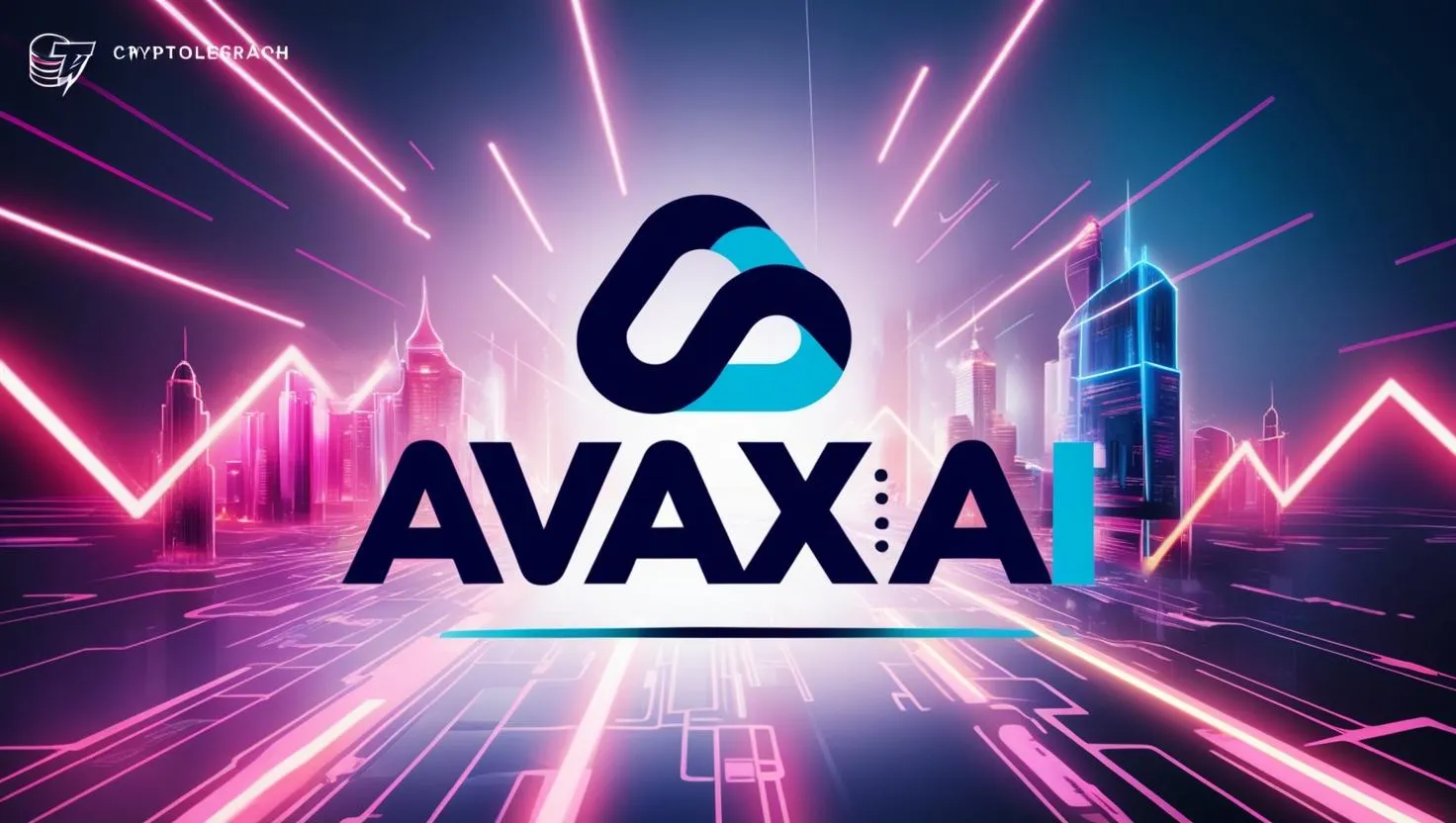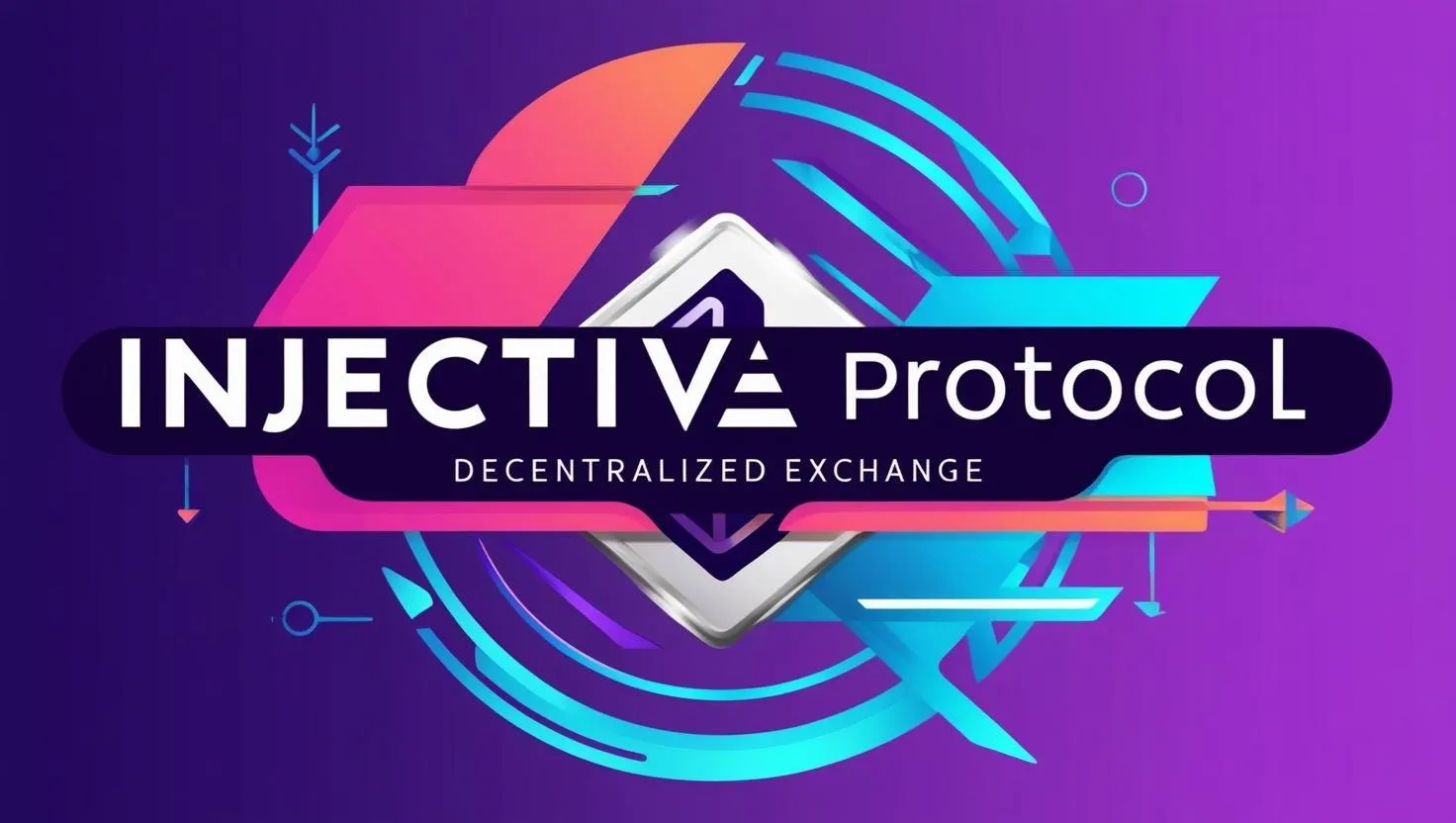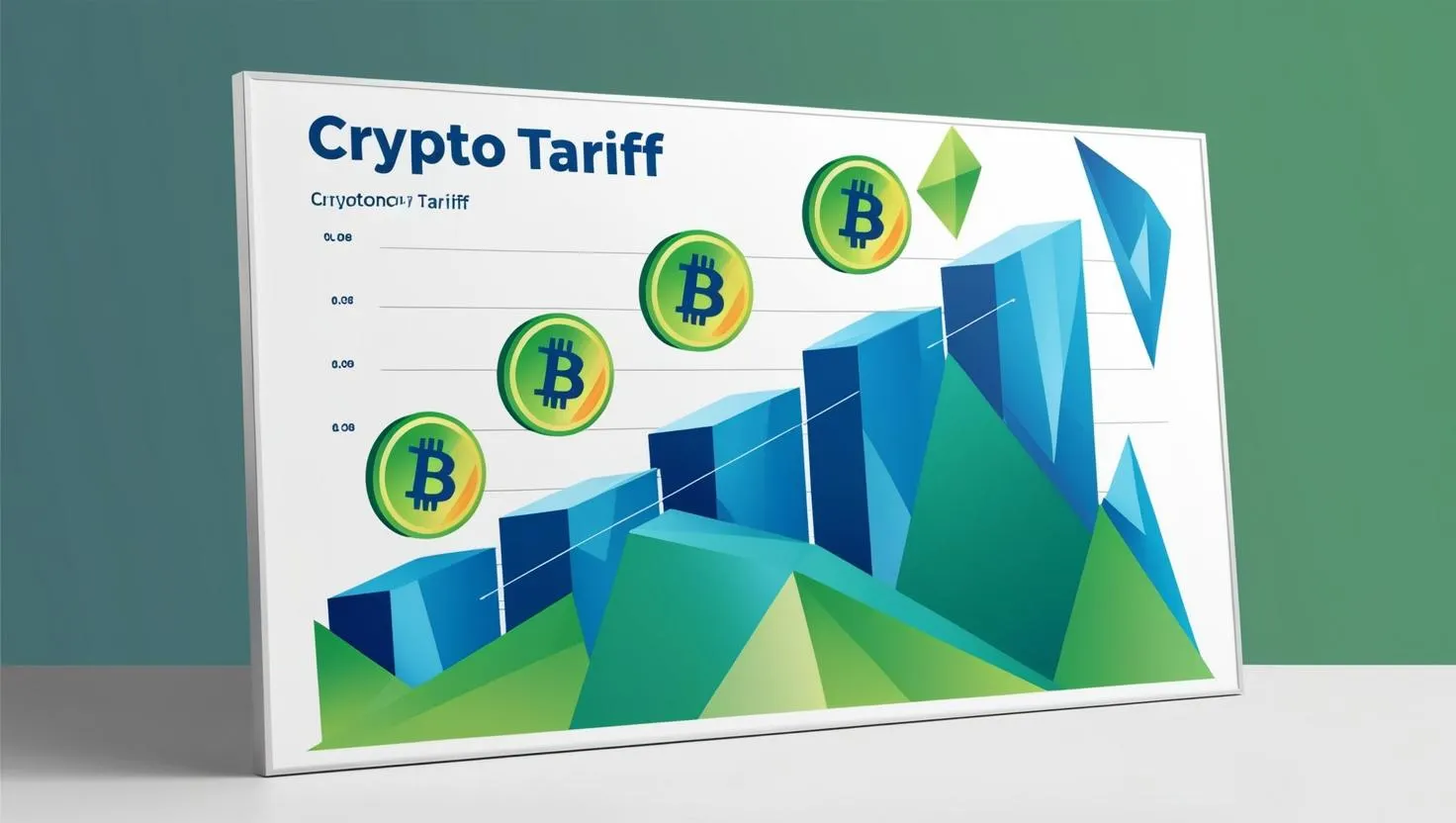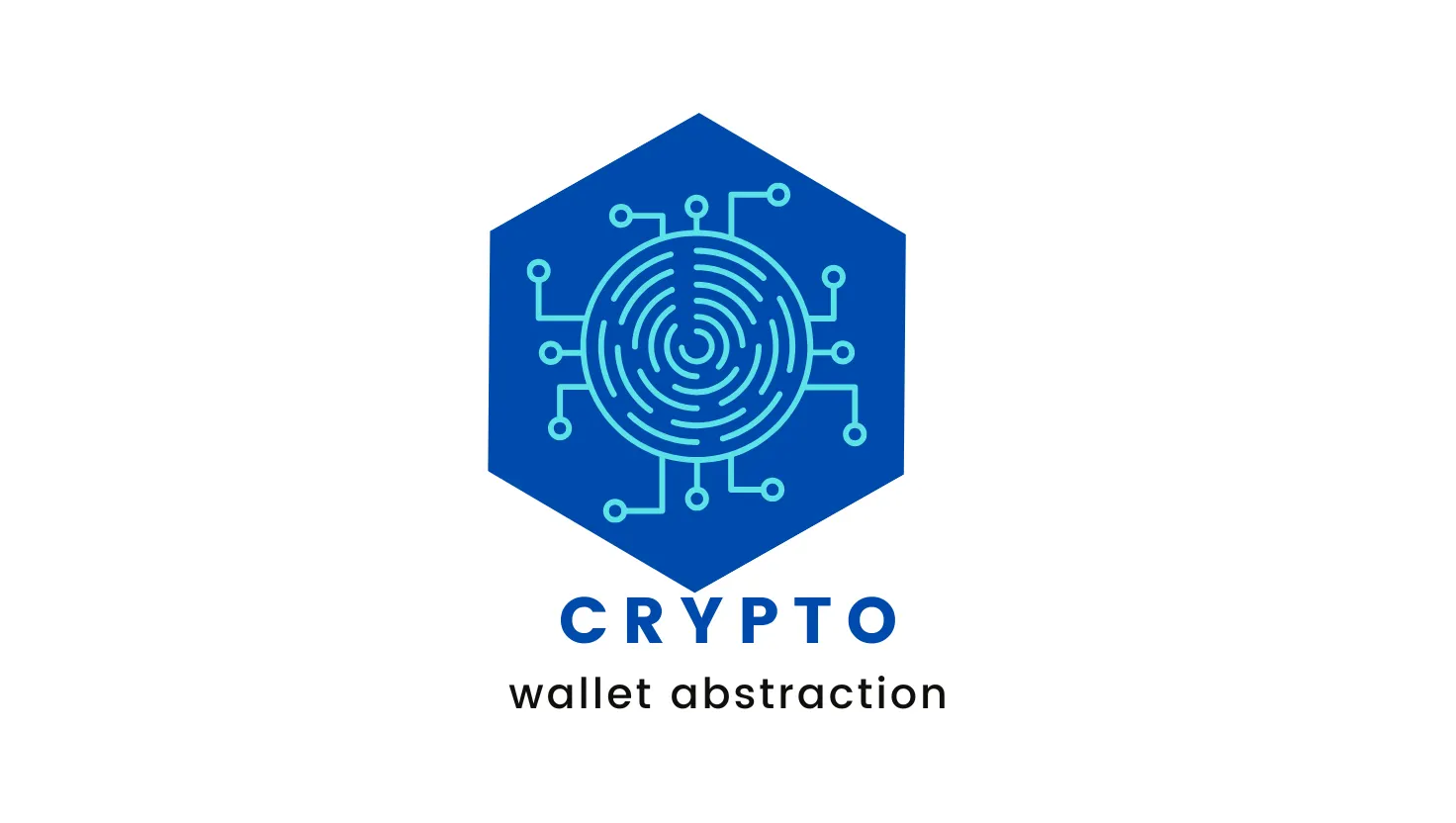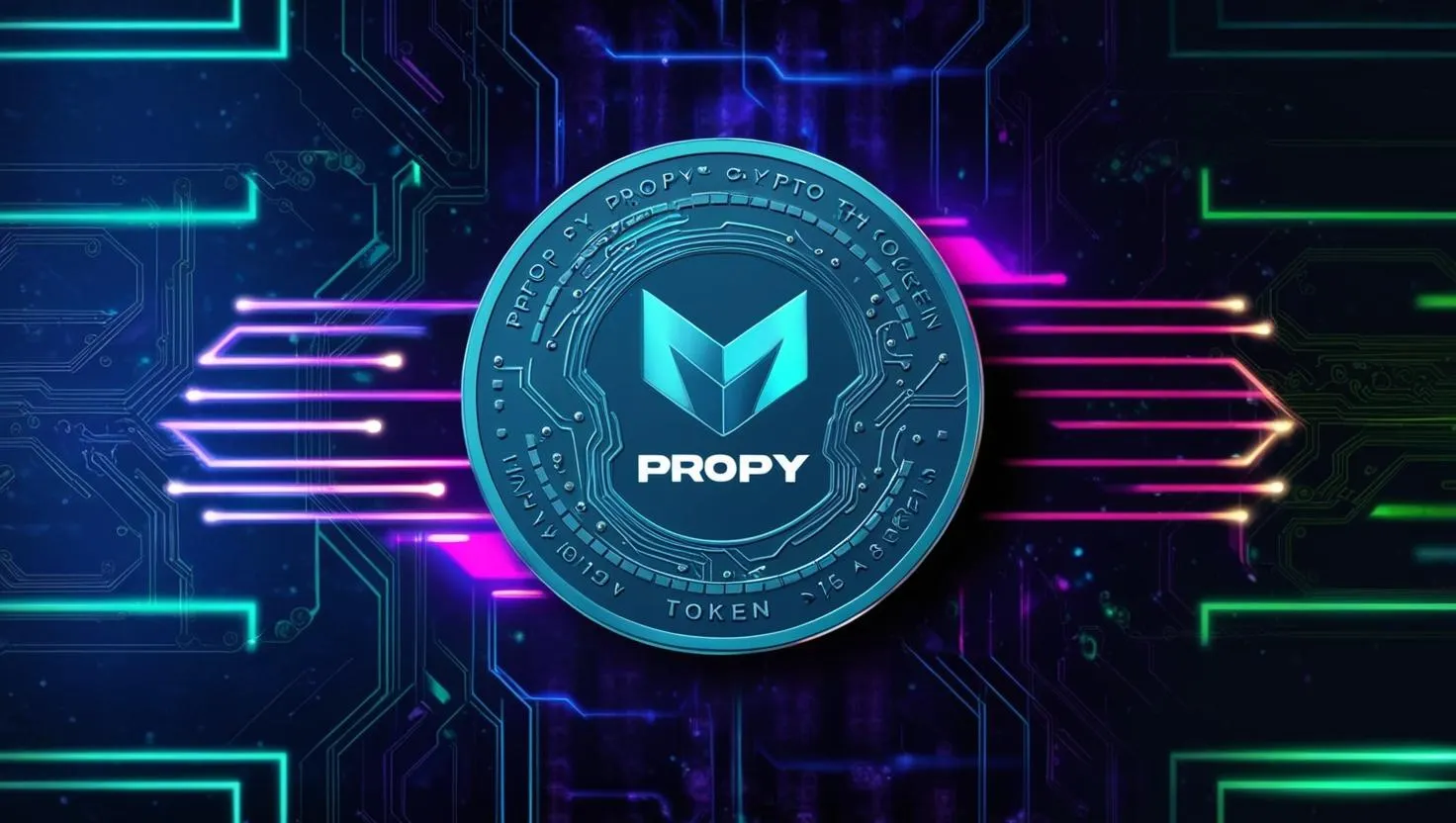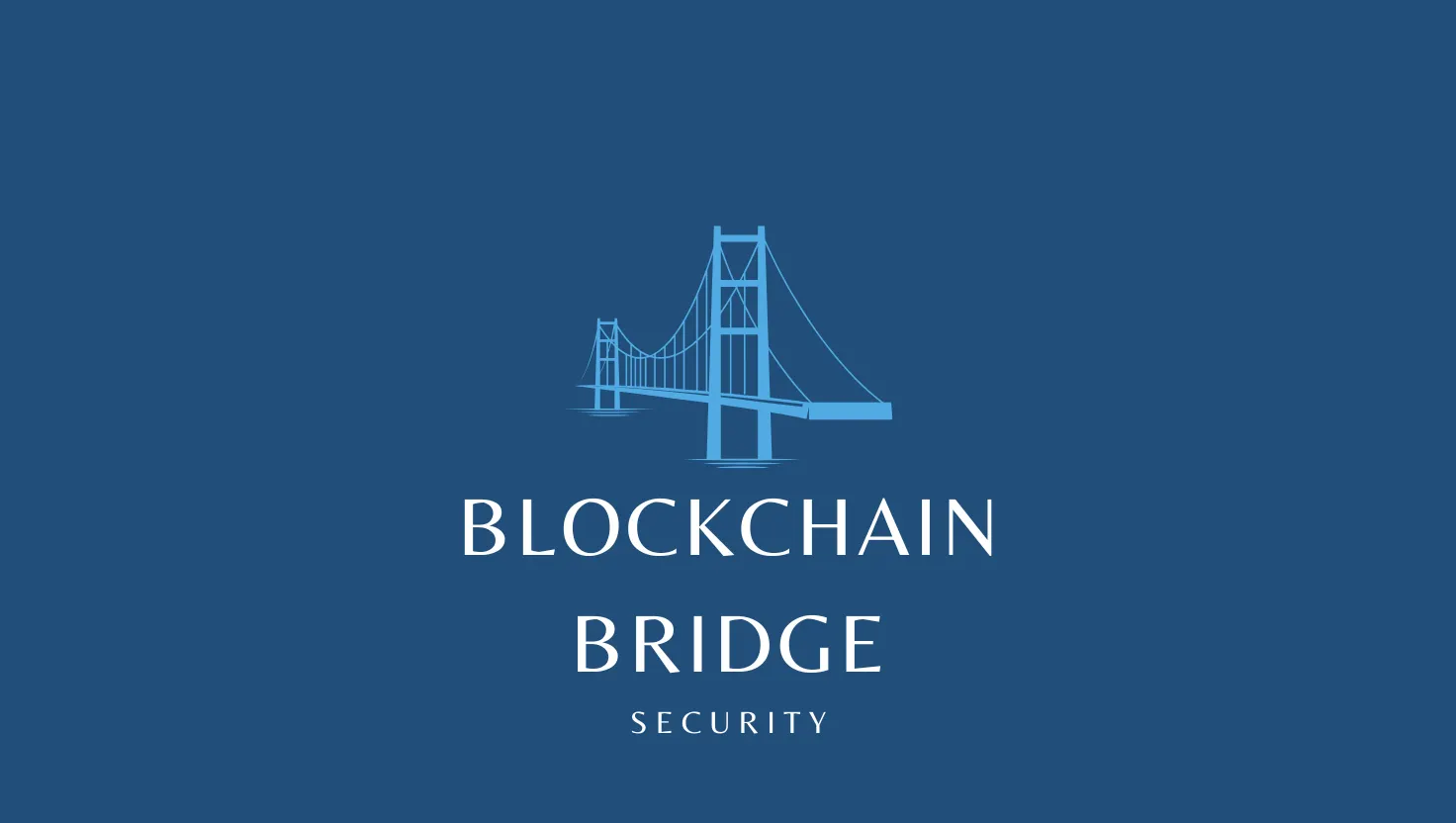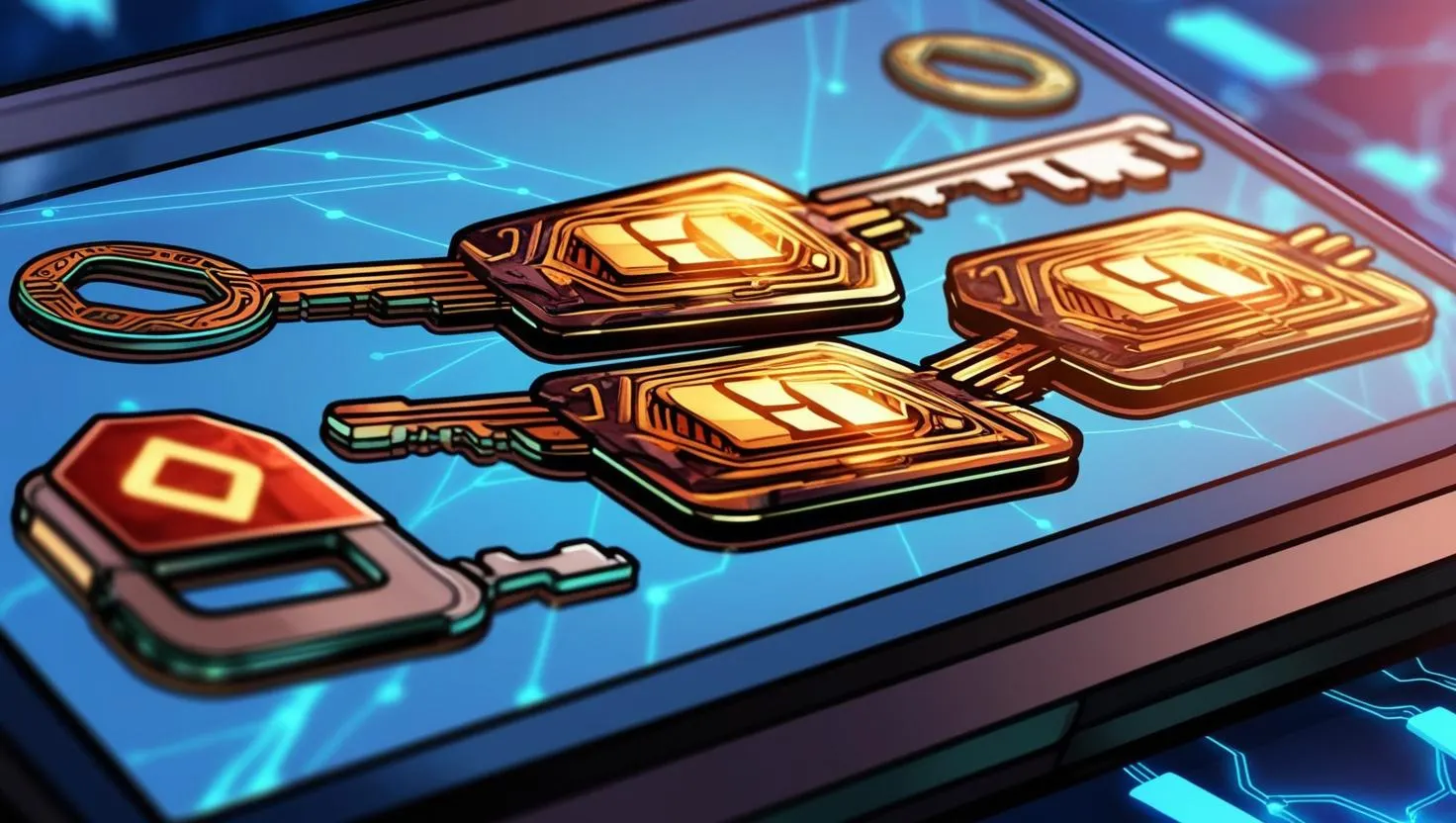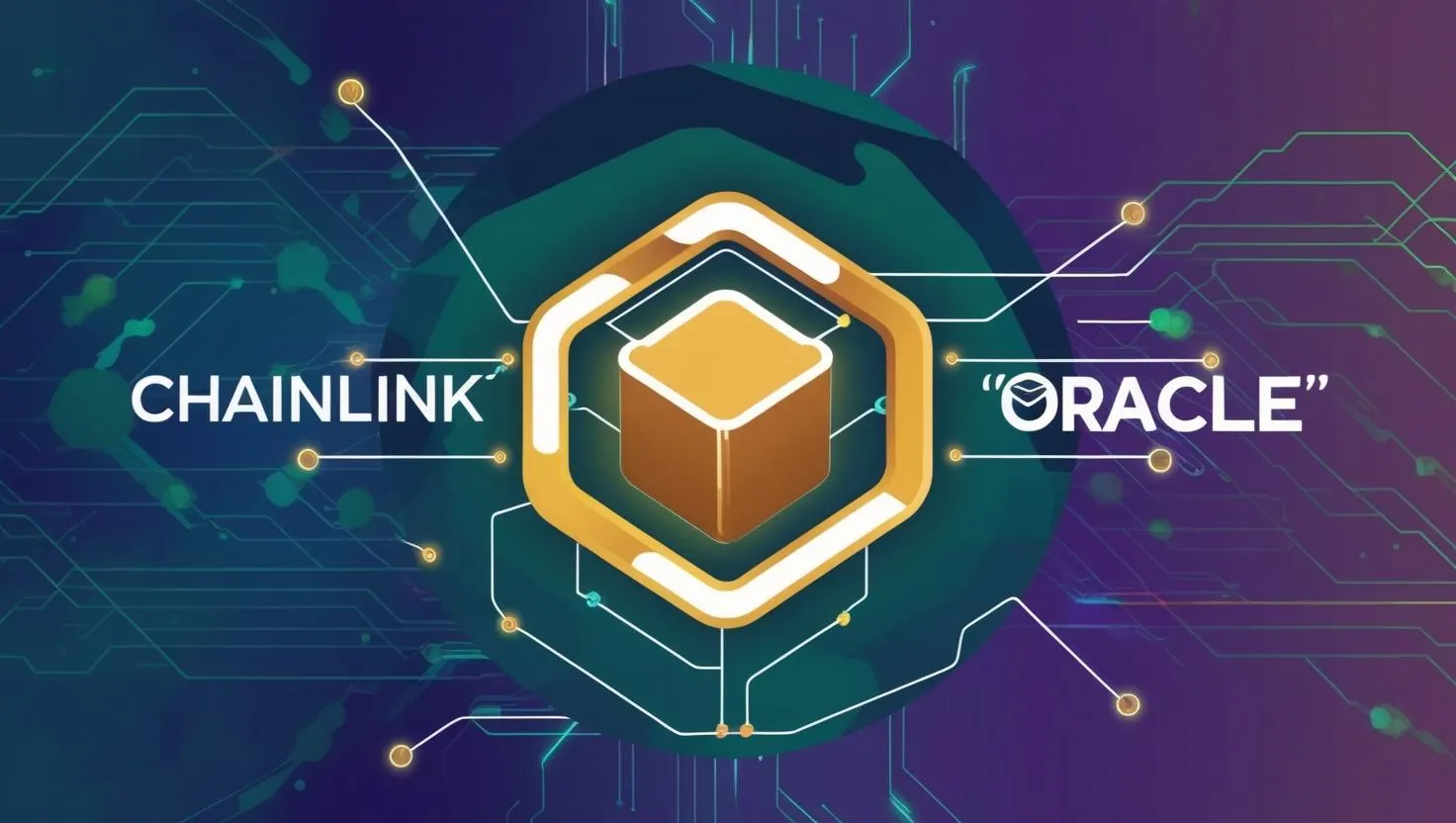Unlocking the Power of Blockchain: The Importance of Validators In blockchain technology.
In blockchain technology, validators are crucial entities that play a pivotal role in maintaining the integrity and security of the network. They are essentially the gatekeepers, responsible for verifying and recording transactions to ensure an accurate and trustworthy ledger.
Here's a more detailed explanation:
Key Roles and Responsibilities:
- Transaction Verification:
- Validators meticulously examine each transaction submitted to the network.
- They rigorously check for validity, ensuring:
- Sufficient Funds: The sender possesses the necessary cryptocurrency to complete the transaction.
- Valid Signatures: The transaction is signed by the rightful owner of the funds, confirming their authorization.
- Adherence to Network Rules: The transaction complies with the specific rules and protocols established by the blockchain network.
- Block Creation and Addition:
- Validators actively participate in creating new blocks to be added to the existing blockchain.
- These blocks contain a collection of verified transactions, forming a chronological record of all network activities.
- Validators propose and validate these blocks, ensuring their accuracy and adherence to network standards.
- Consensus Mechanism:
- Validators work collaboratively to achieve consensus on the order of transactions and the overall state of the blockchain.
- This ensures that all participants within the network share a consistent and accurate view of the ledger, preventing discrepancies and maintaining trust.
- Popular consensus mechanisms include:
- Proof-of-Stake (PoS): Validators are selected based on the amount of cryptocurrency they "stake" (deposit) in the network. This incentivizes honest behavior, as validators risk losing their staked funds if they engage in malicious activities.
- Delegated Proof-of-Stake (DPoS): Token holders elect representatives to act as validators on their behalf.
- Proof-of-Authority (PoA): Validators are pre-selected based on their identity and reputation.
- Fraud Prevention:
- By diligently verifying transactions and maintaining consensus, validators play a crucial role in preventing fraudulent activities:
- Double-Spending: Prevents users from spending the same cryptocurrency multiple times.
- Malicious Attacks: Helps thwart attempts to manipulate the blockchain or compromise its security.

How it Works:
- Staking: In PoS systems, validators stake their cryptocurrency as collateral to participate in the network. This acts as a guarantee of their commitment to honest behavior.
- Selection: Validators are selected to participate in block creation and validation based on the chosen consensus mechanism (e.g., randomly selected in PoS, elected in DPoS).
- Verification: Selected validators receive proposed blocks and independently verify the included transactions.
- Consensus: Validators communicate and reach an agreement on the validity of the block and its inclusion in the blockchain.
- Block Addition: Once consensus is achieved, the verified block is added to the blockchain, extending the historical record.
- Rewards: Successful validators receive rewards for their contributions, such as transaction fees or newly minted cryptocurrency.
In essence: Validators are the backbone of secure and reliable blockchain networks. Their diligent efforts in verifying transactions, maintaining consensus, and preventing fraud are essential for the continued growth and success of blockchain technology.
Note: The specific roles and responsibilities of validators can vary depending on the particular blockchain network and its underlying consensus mechanism.




